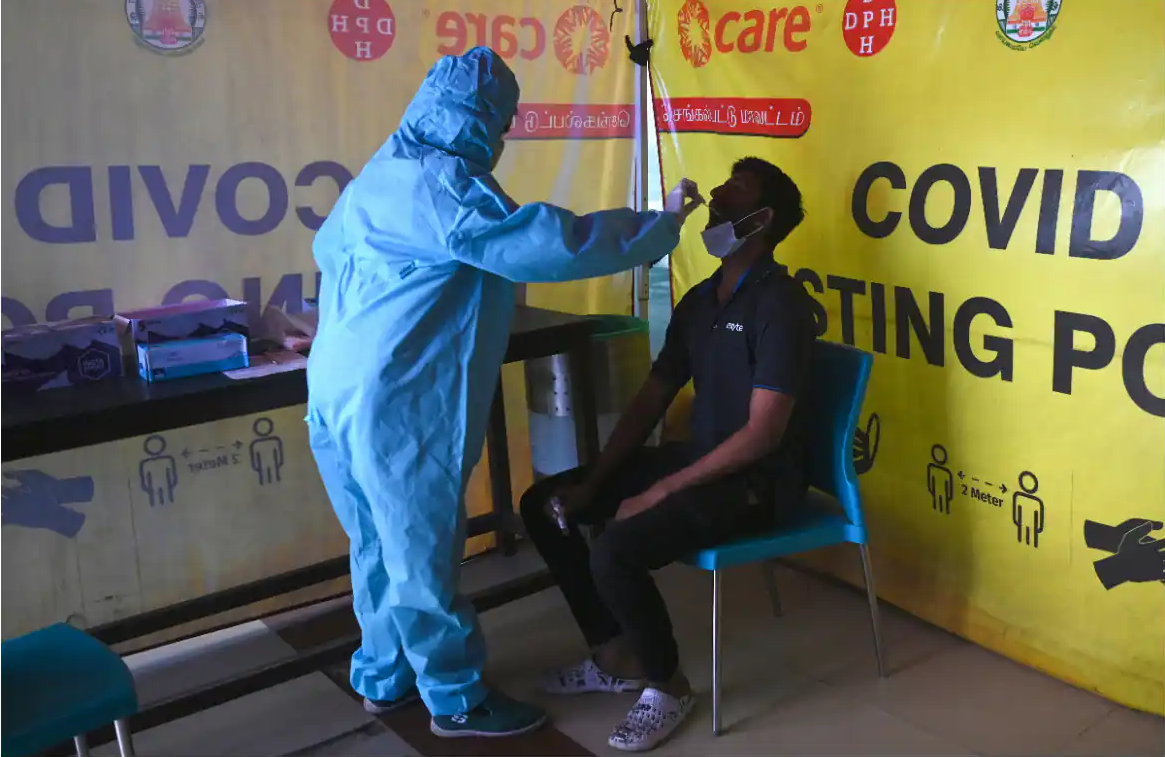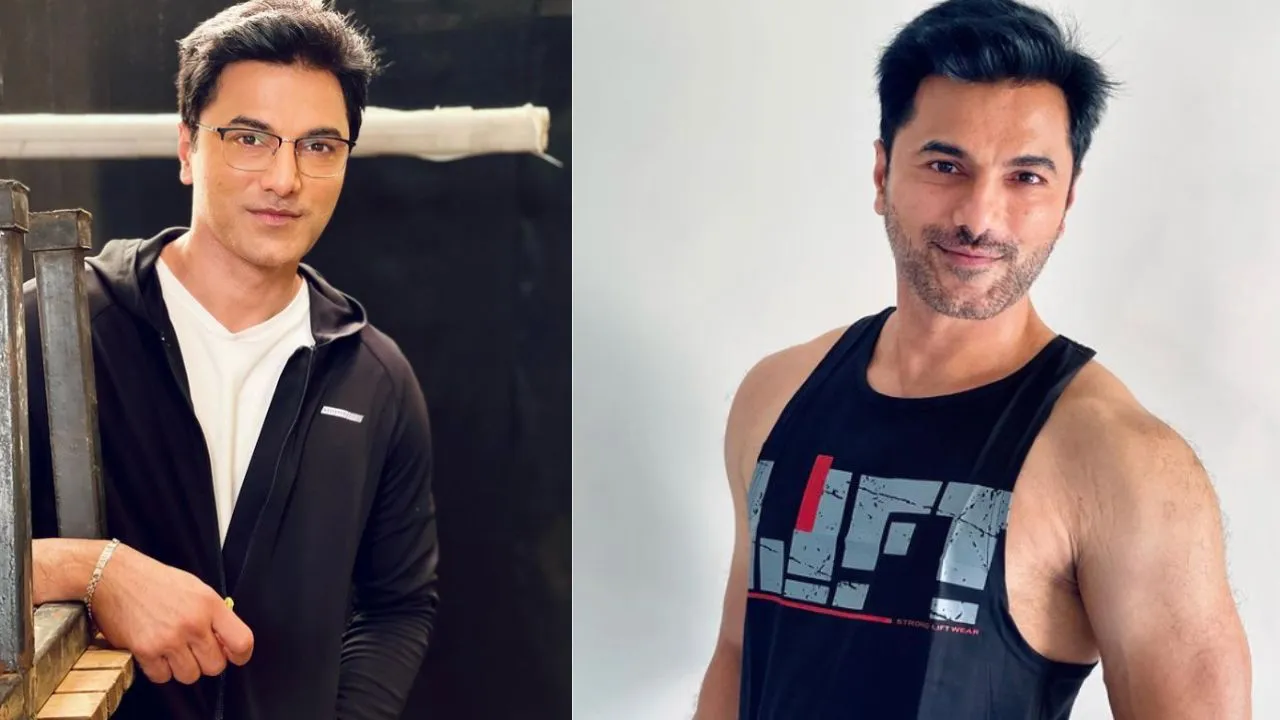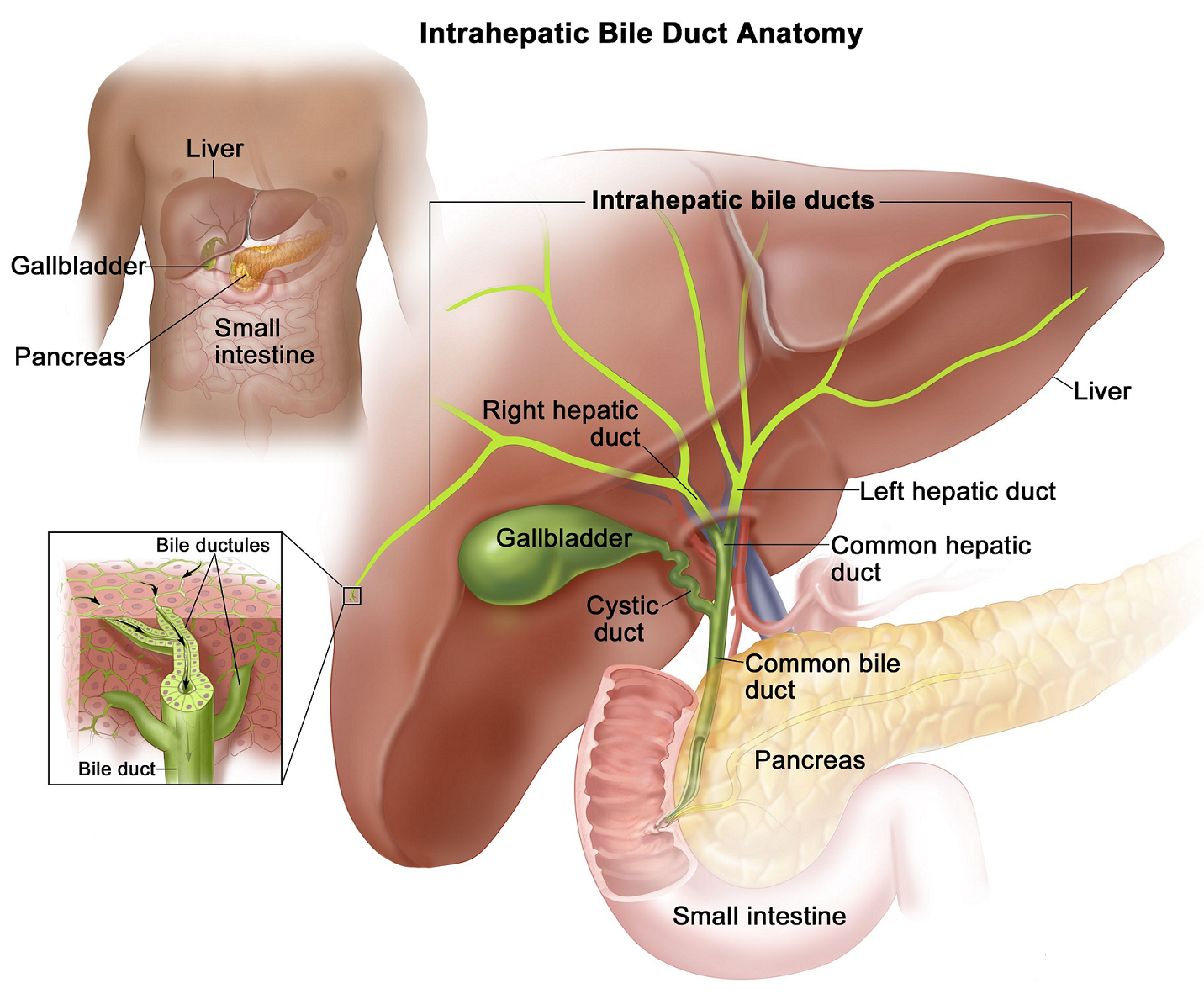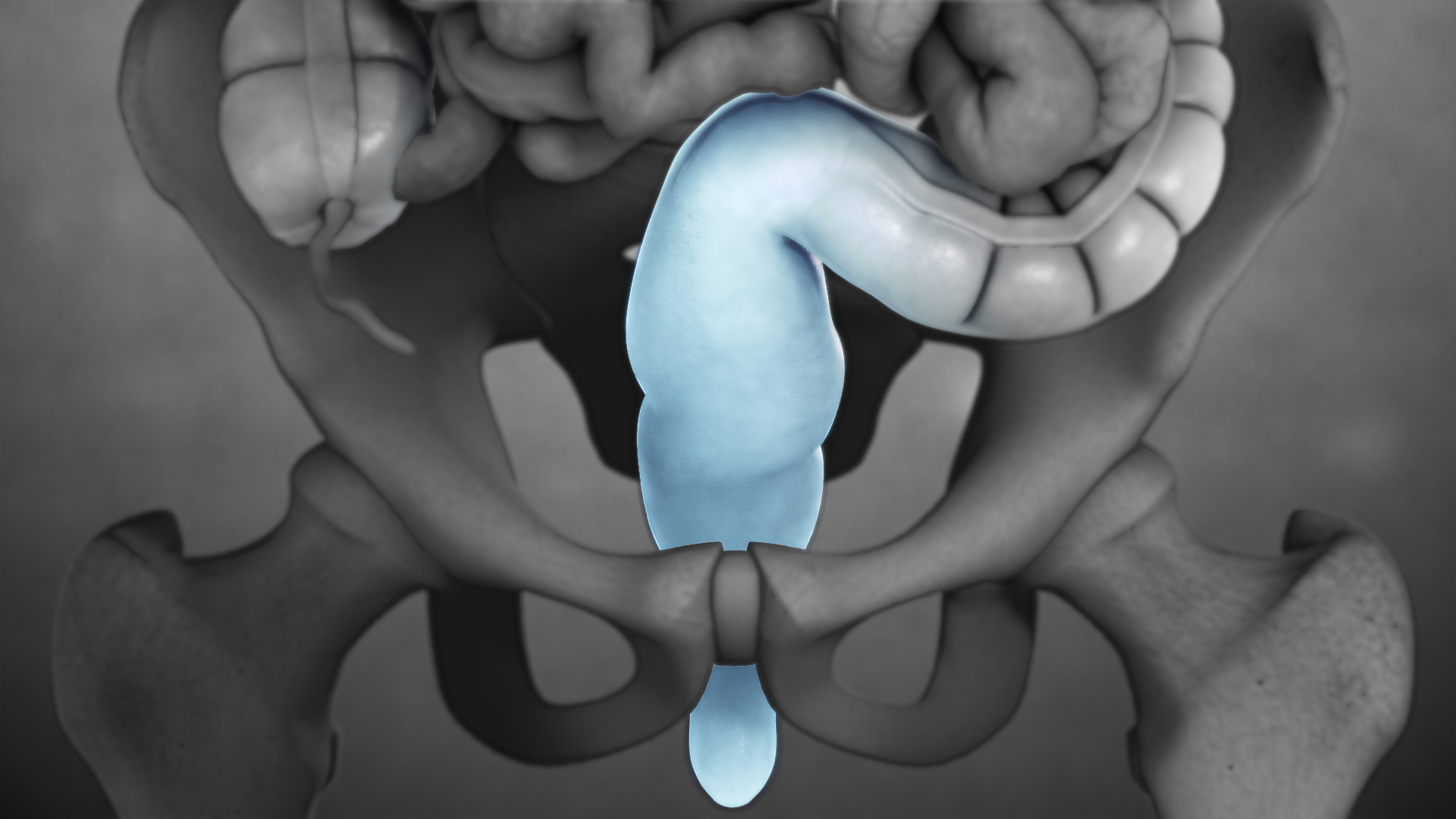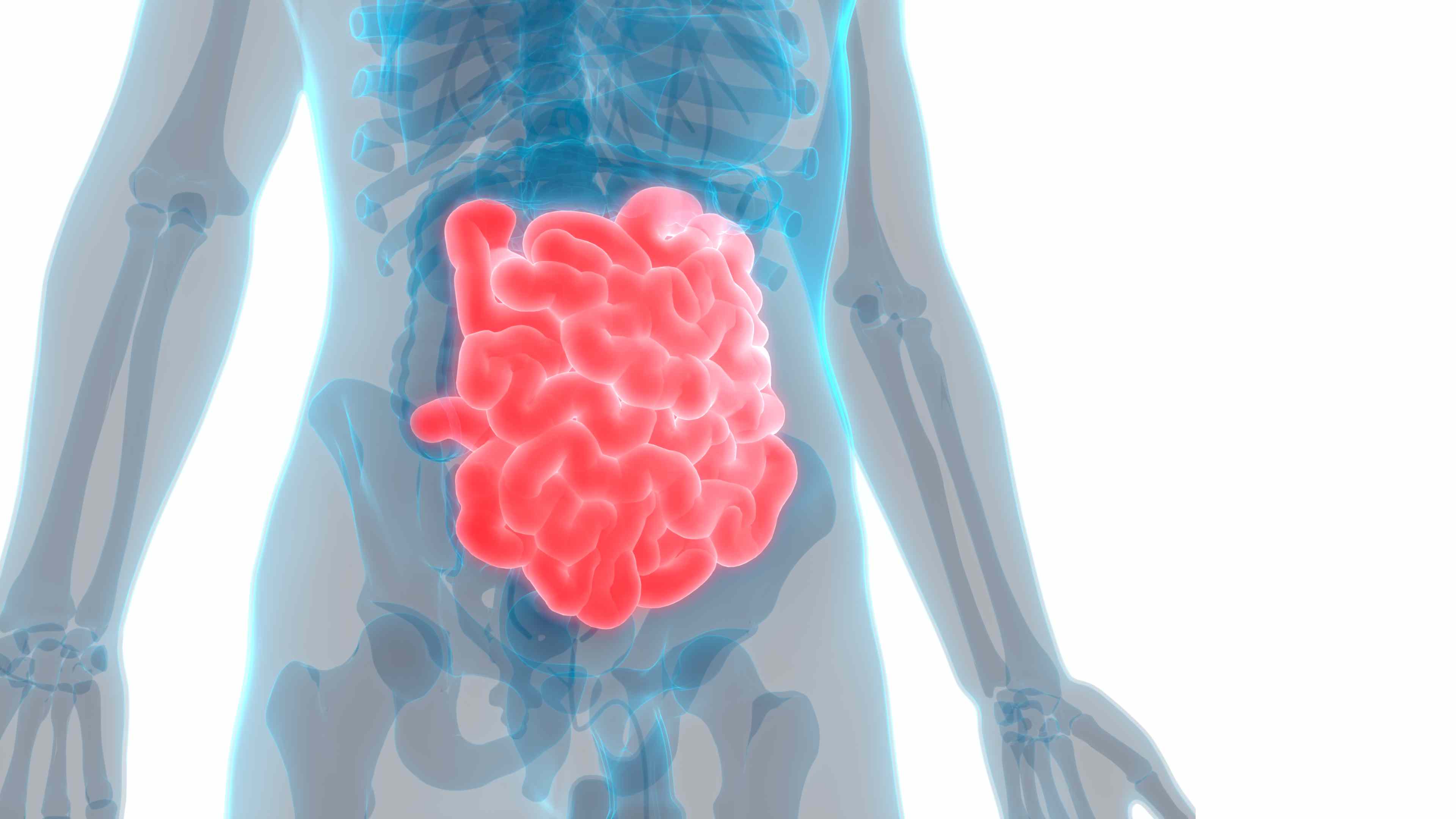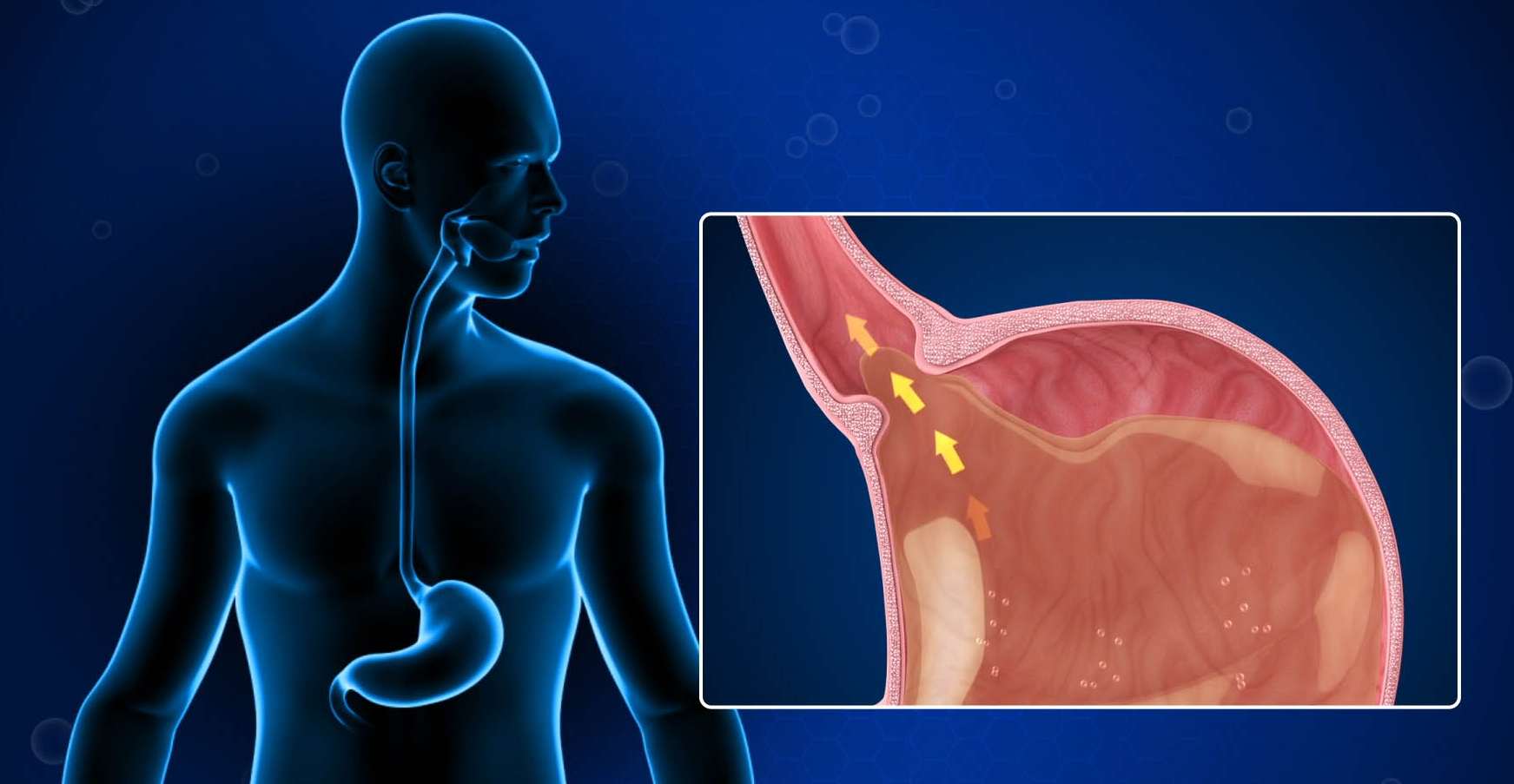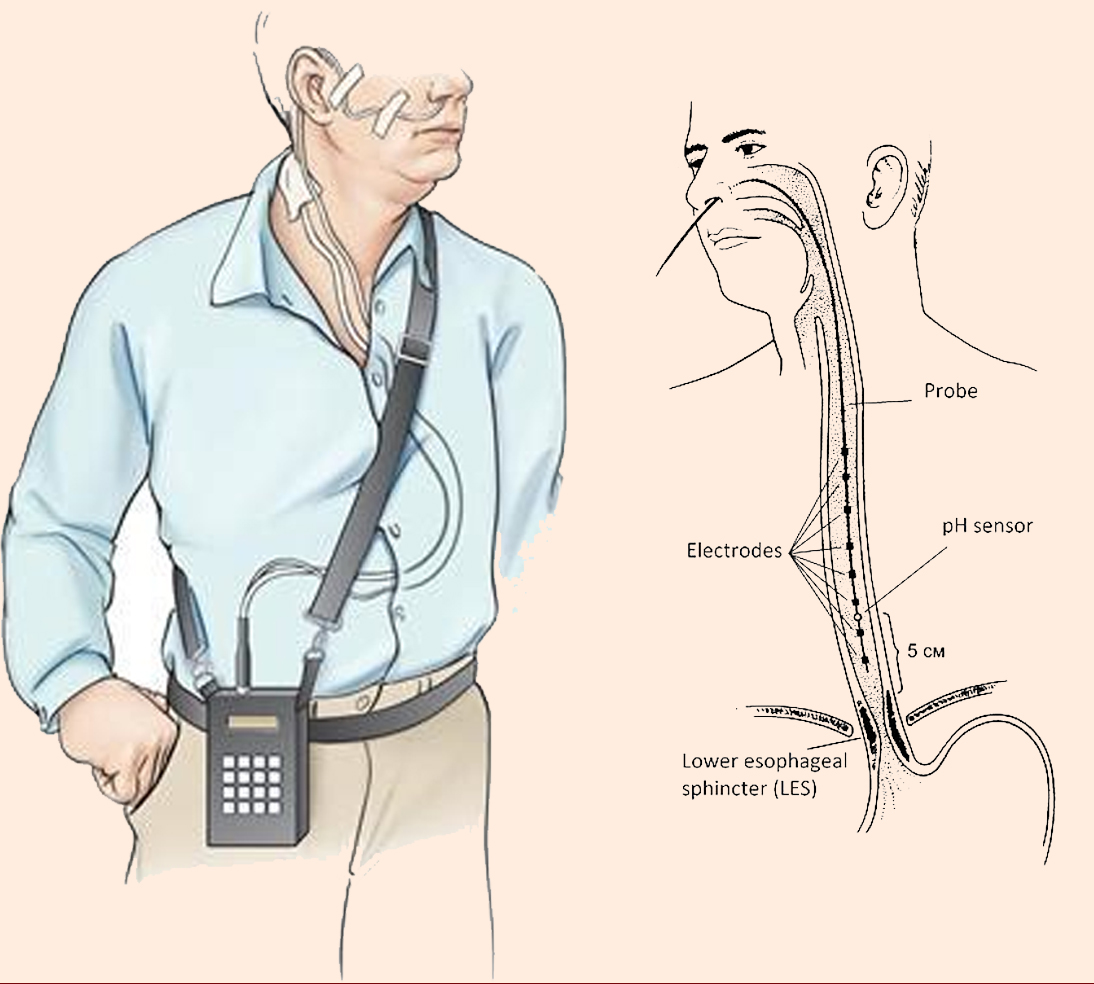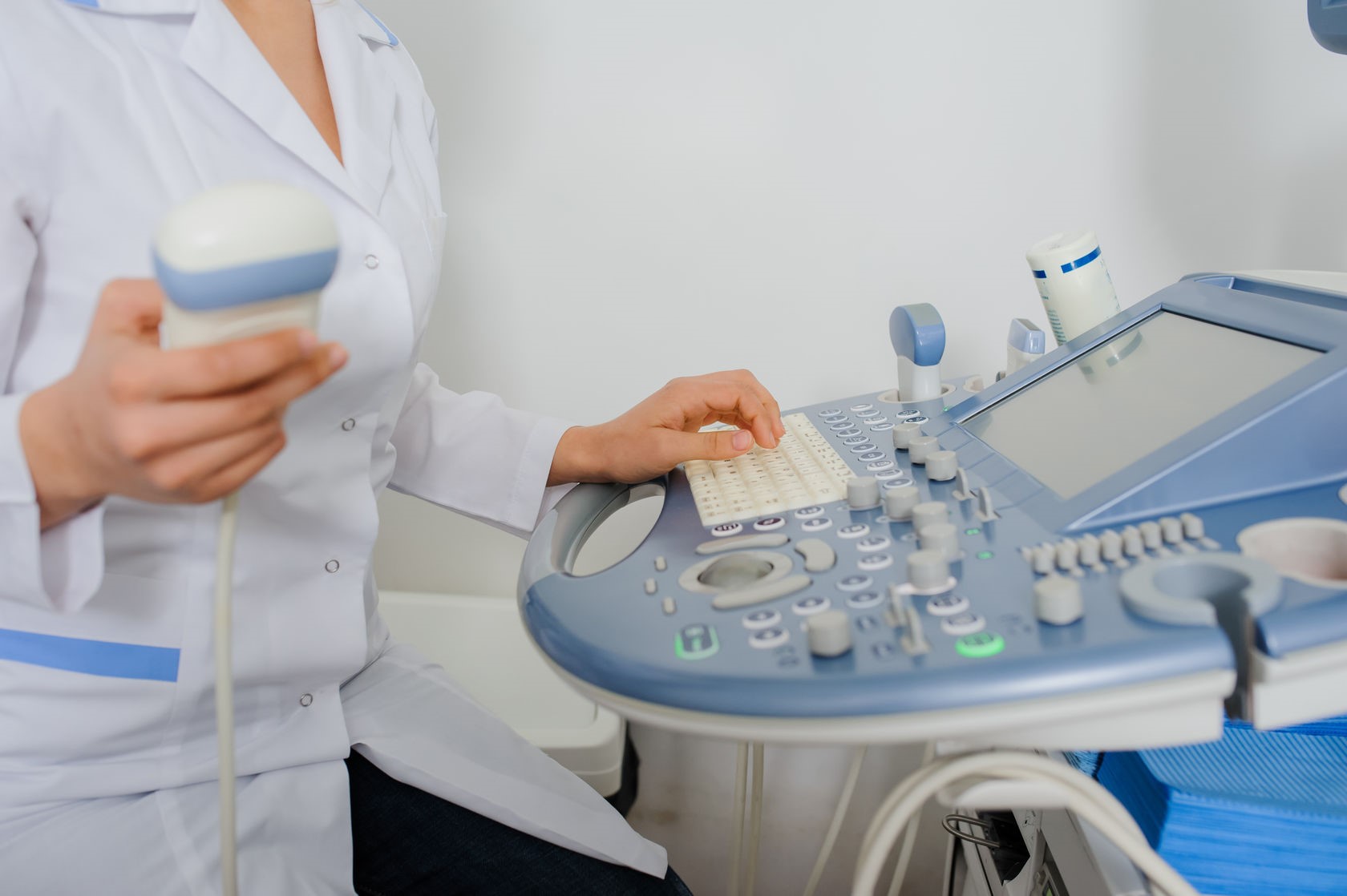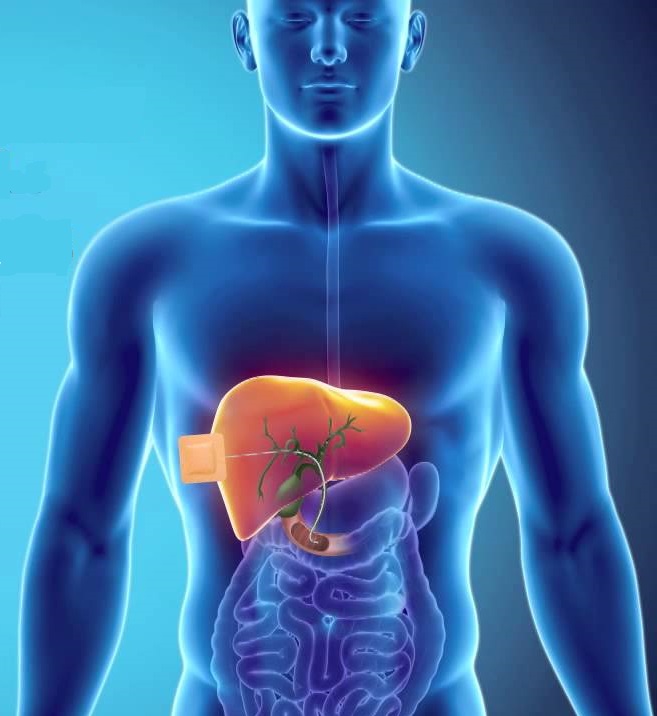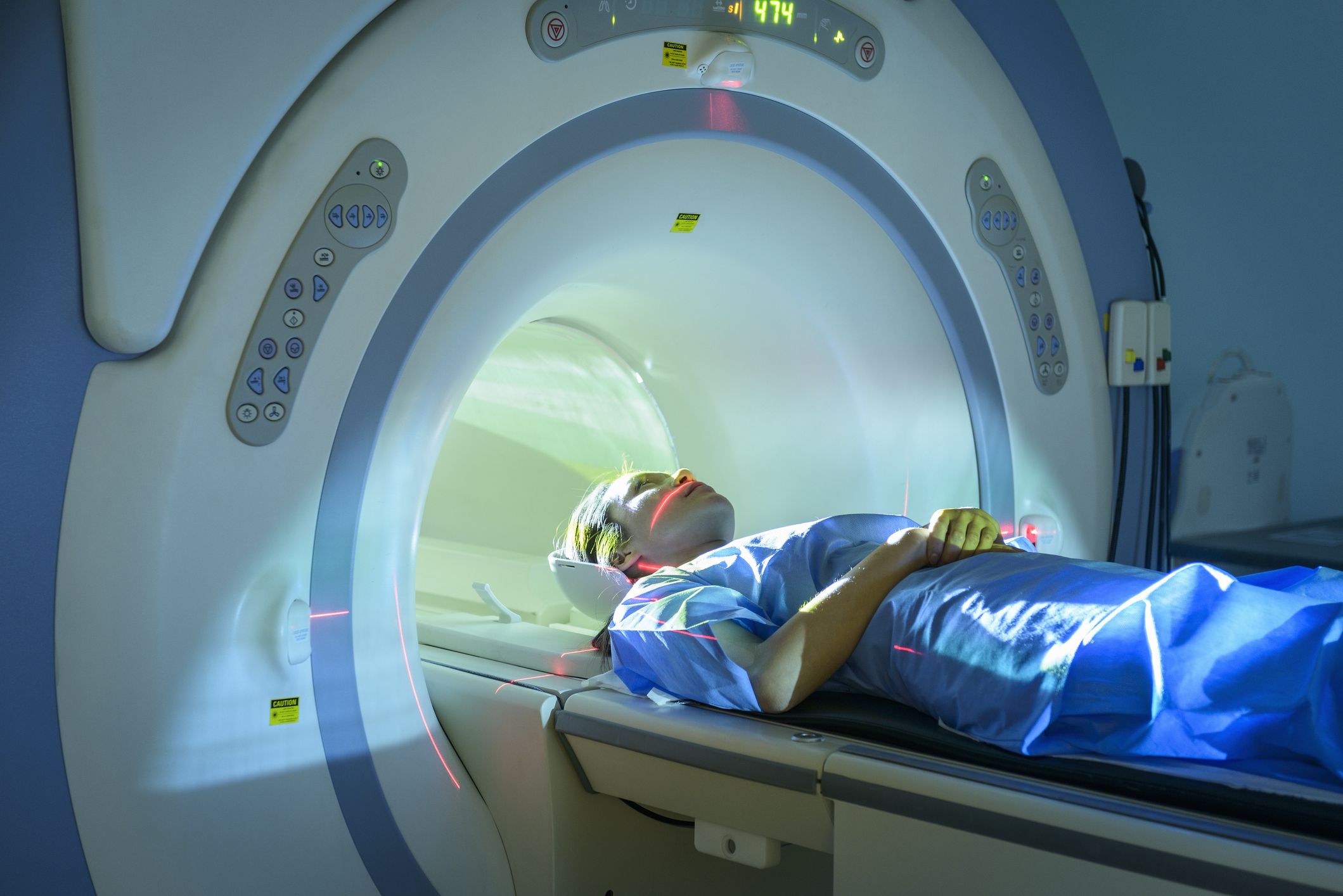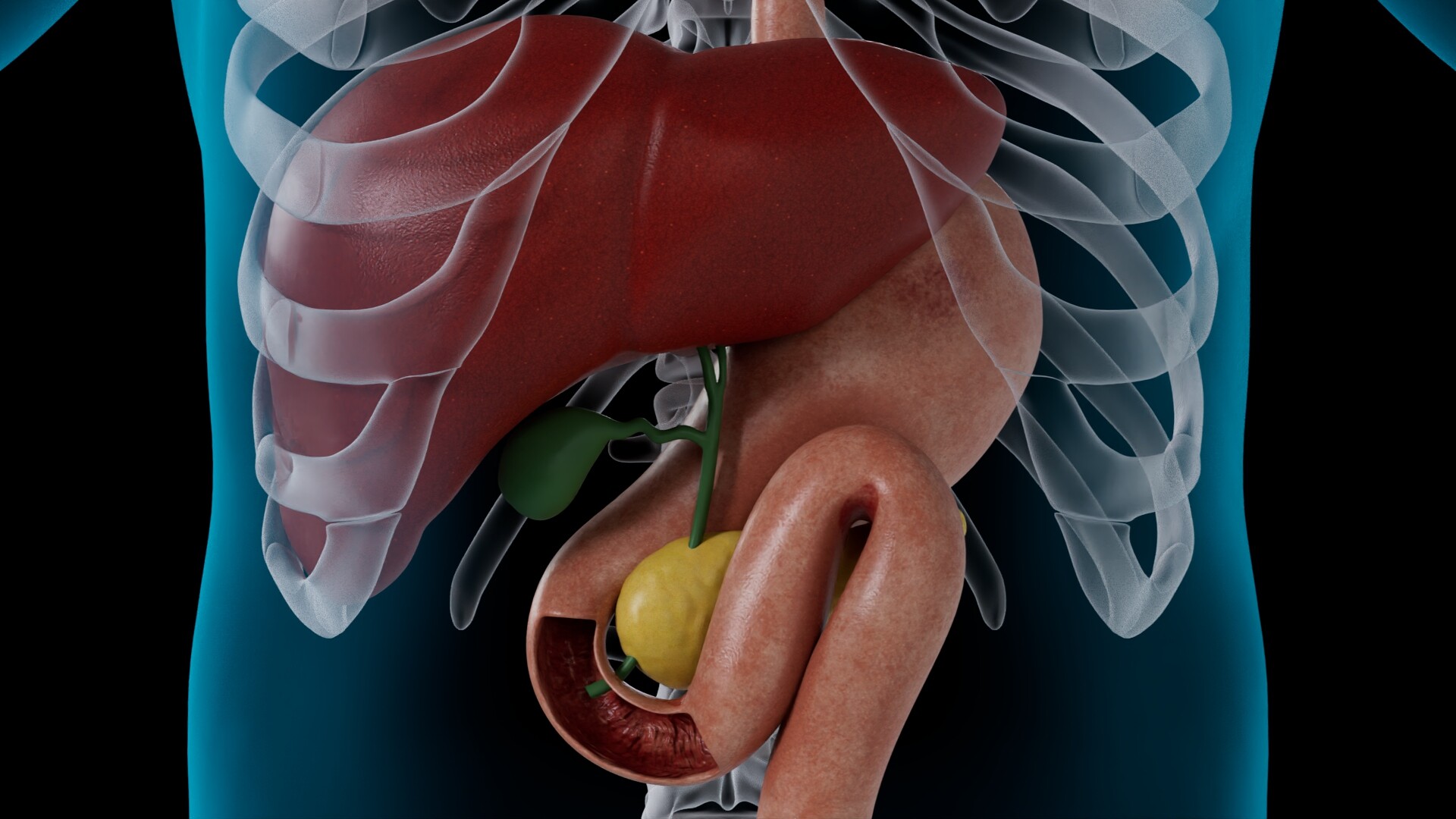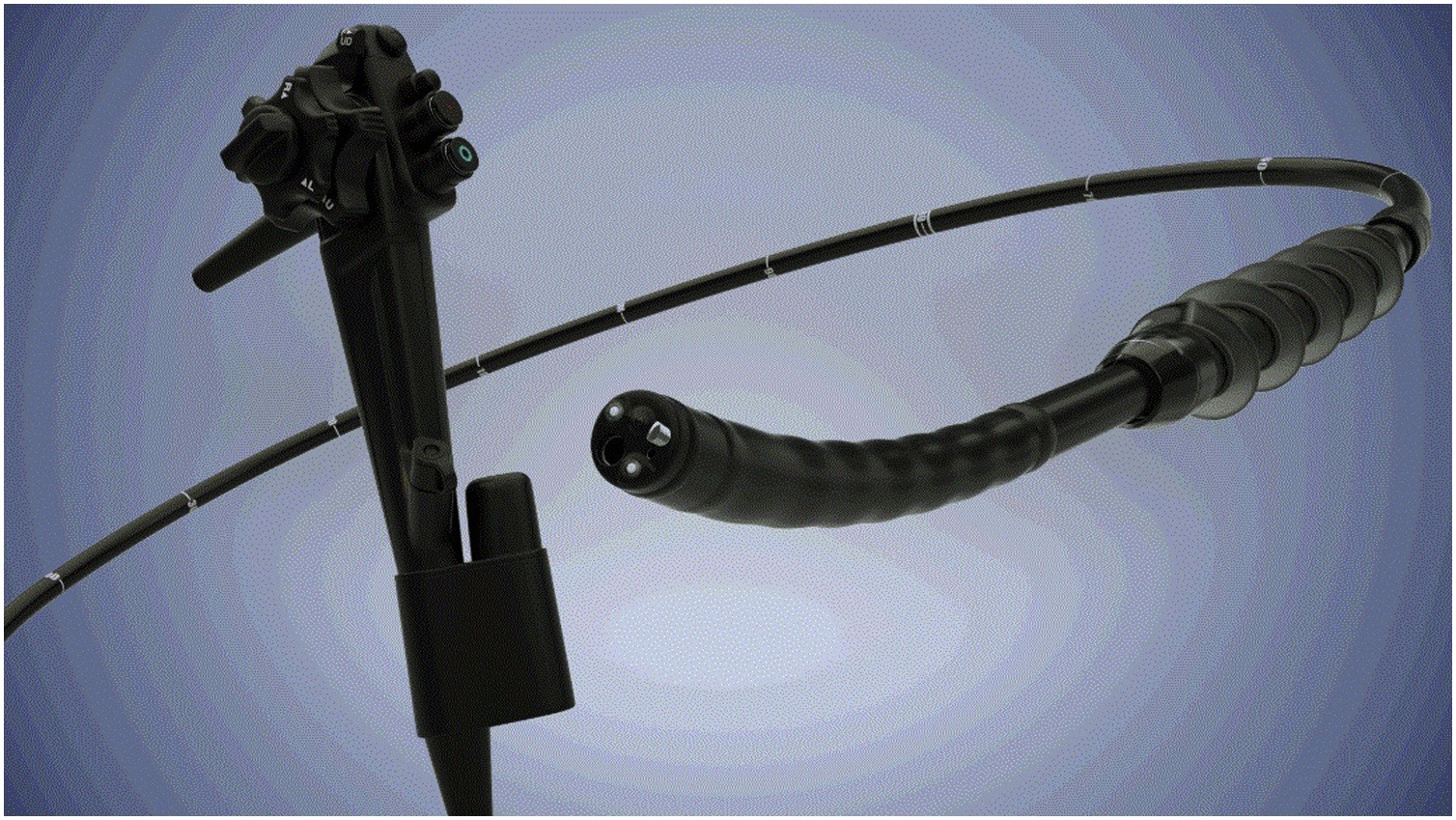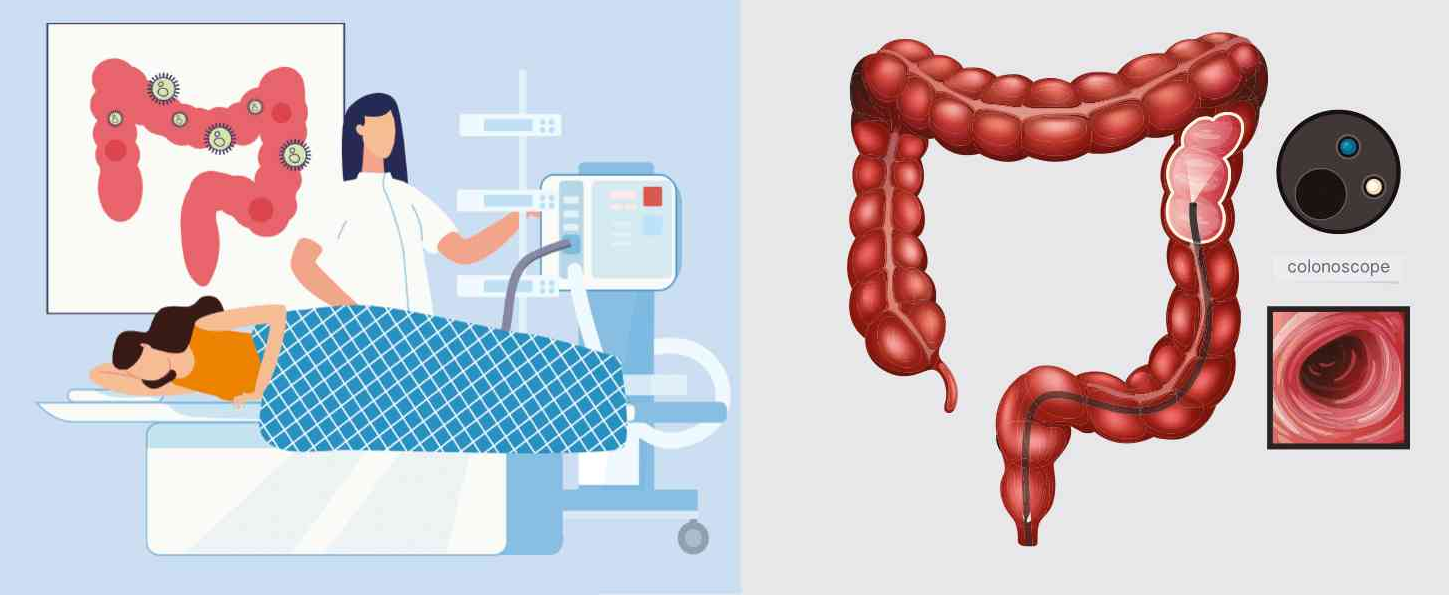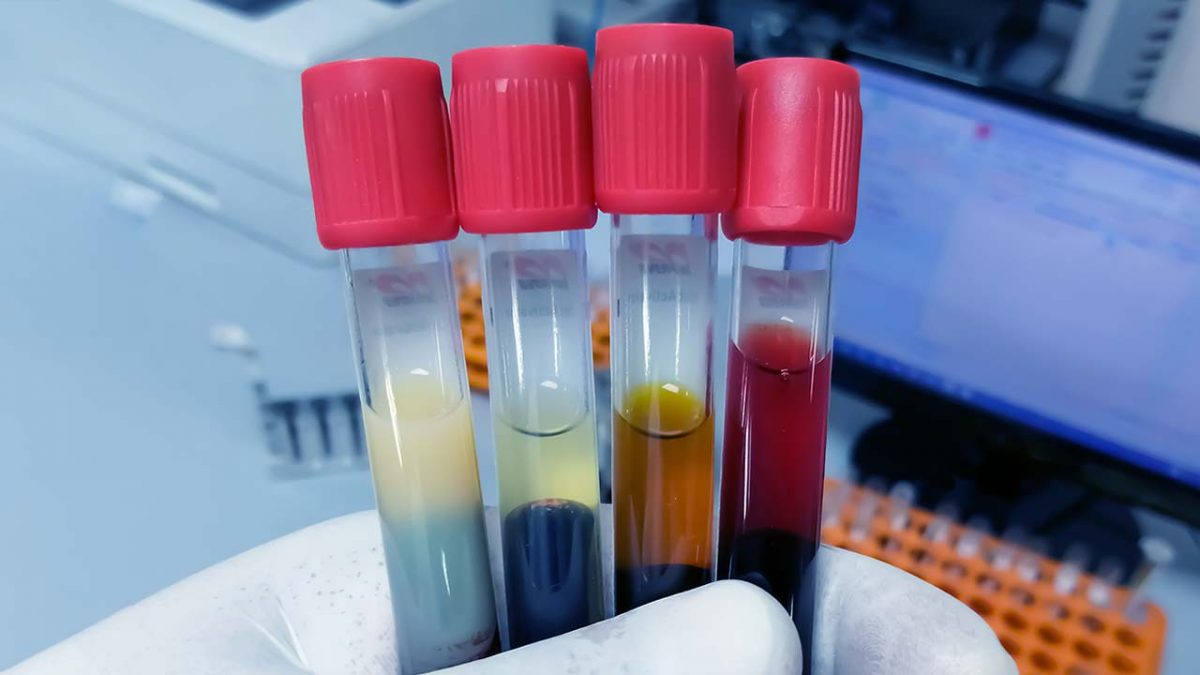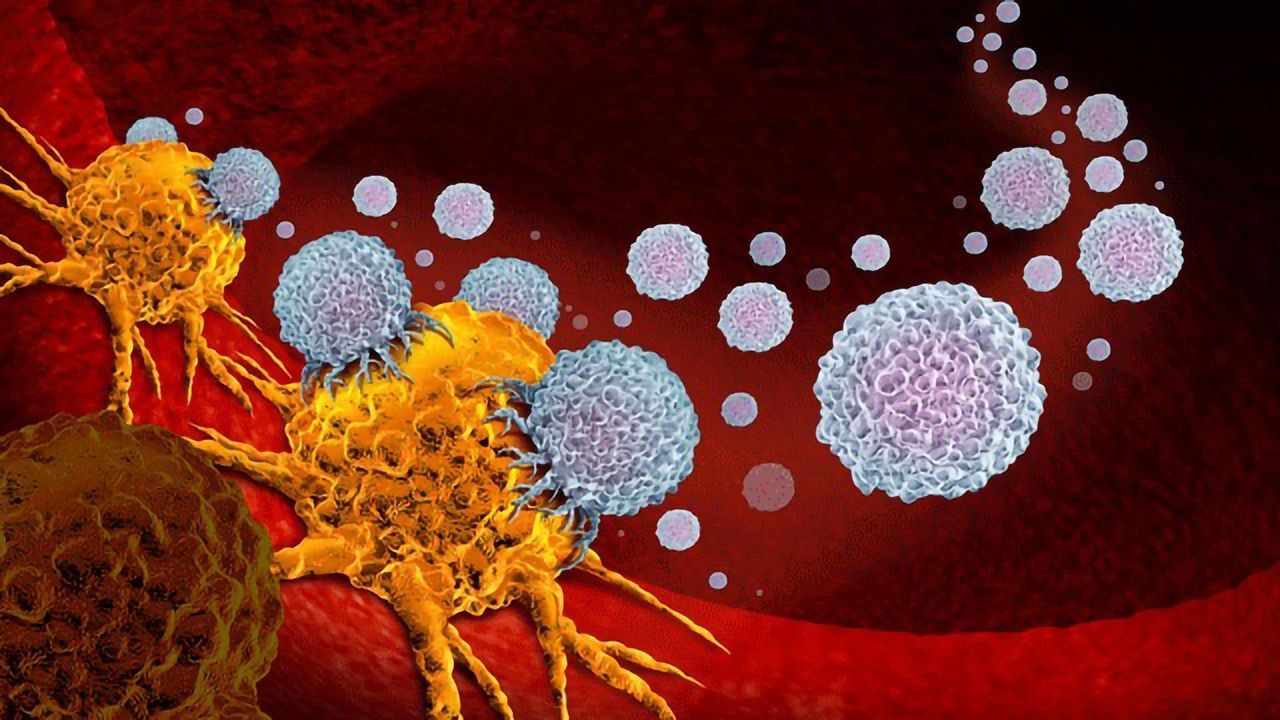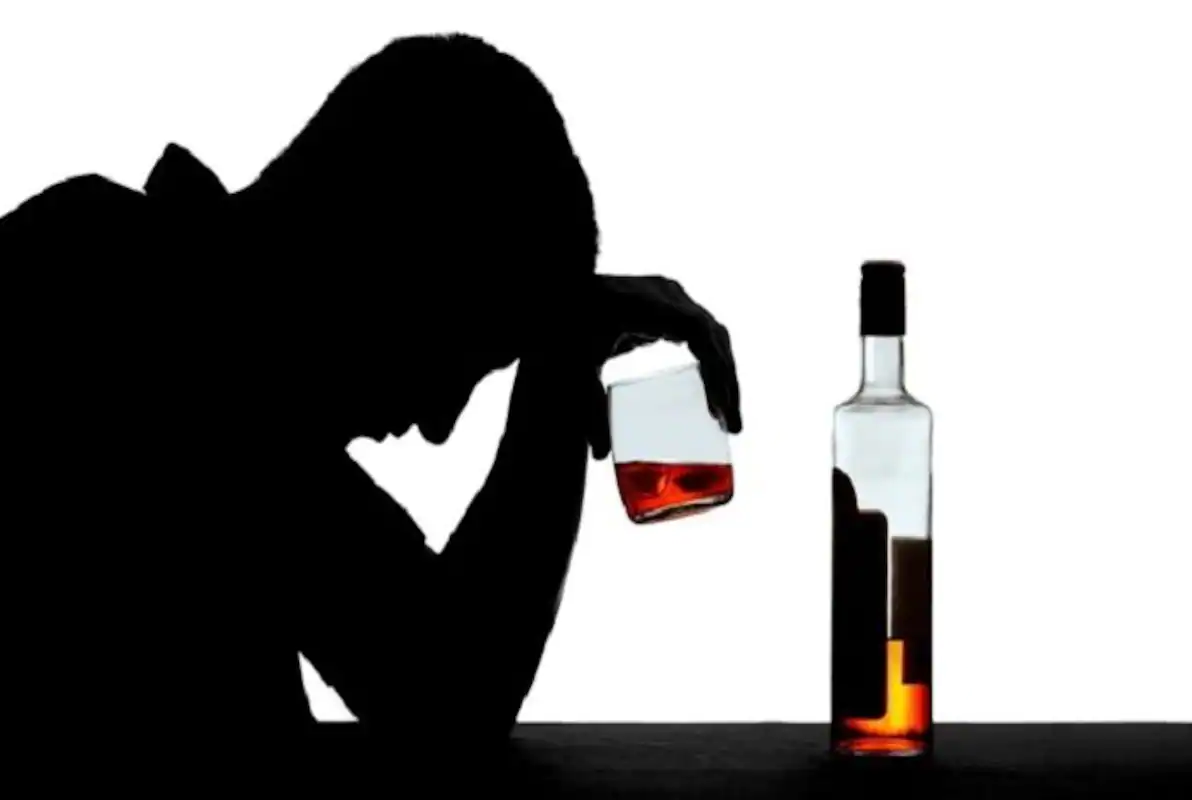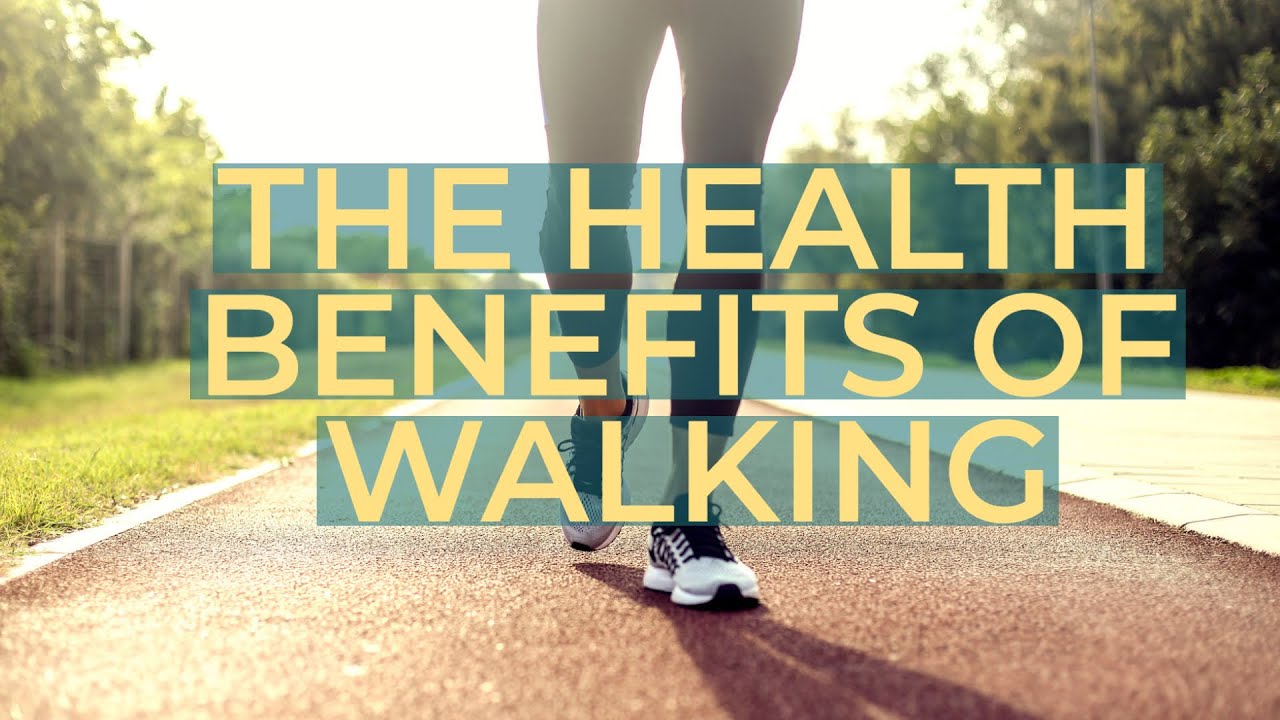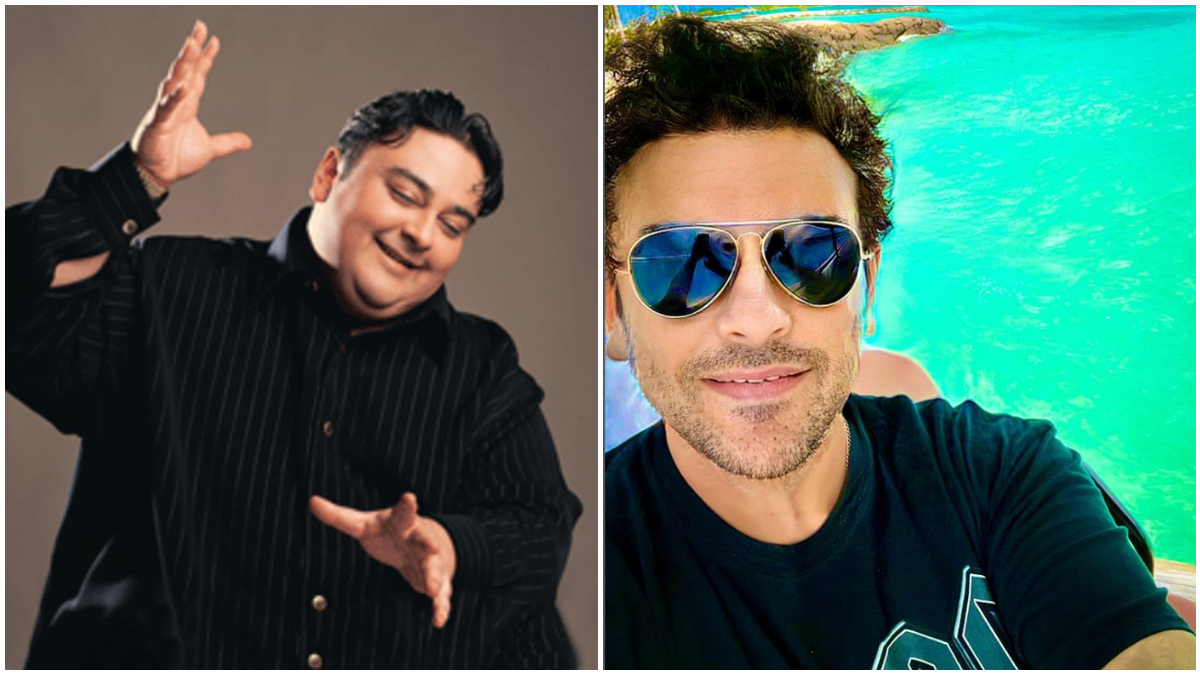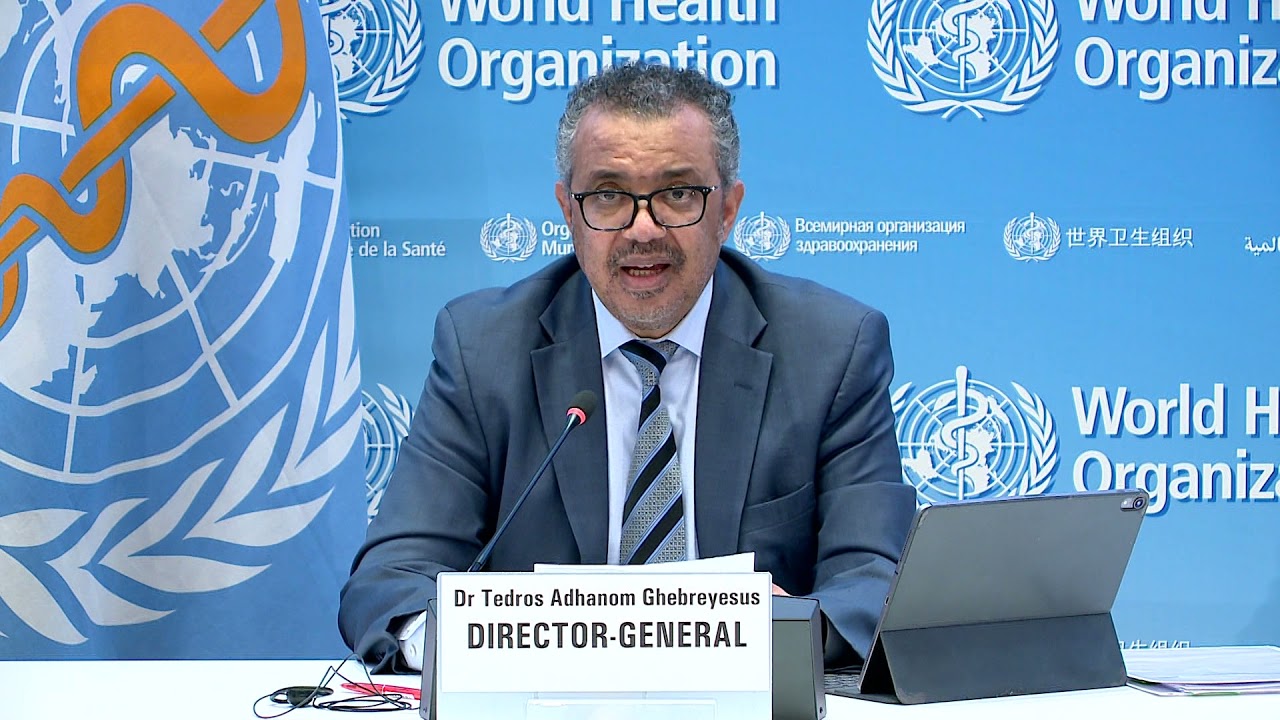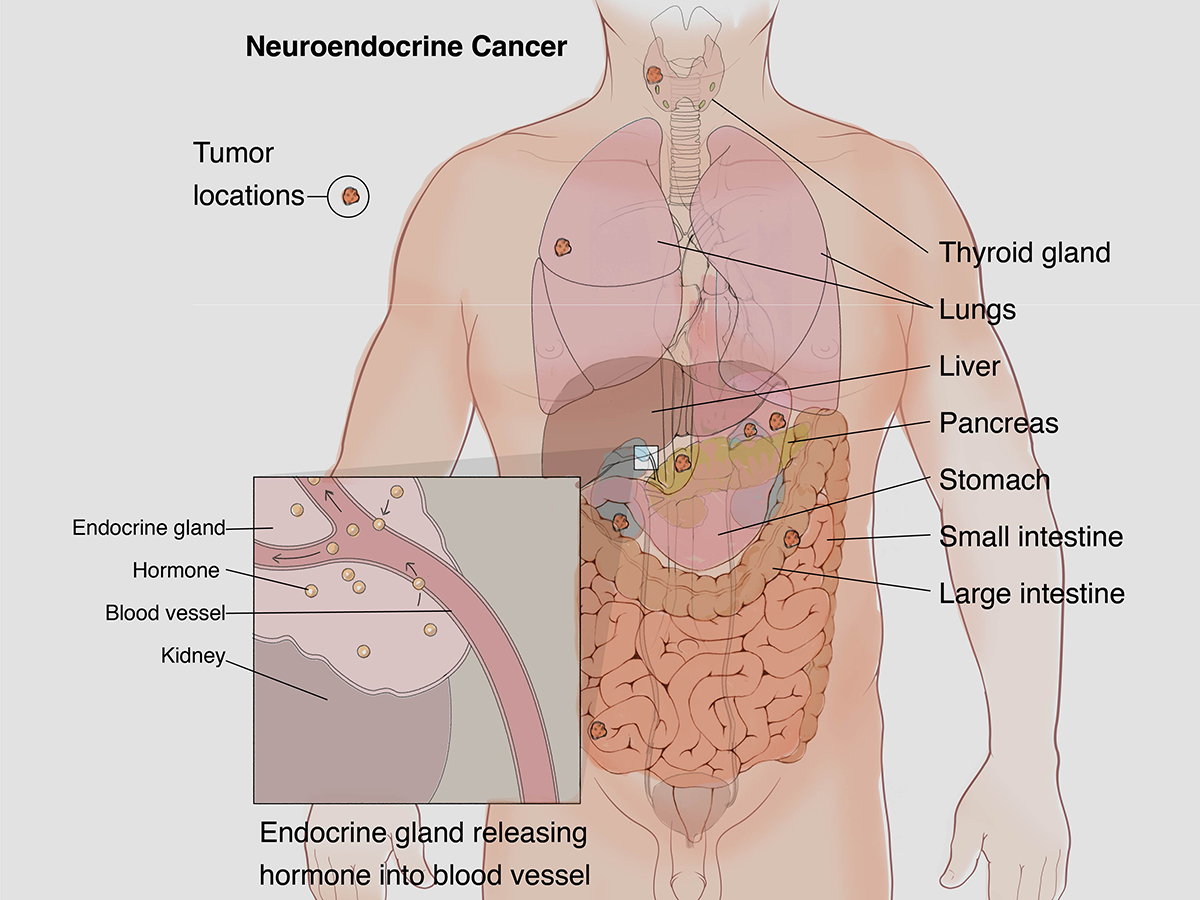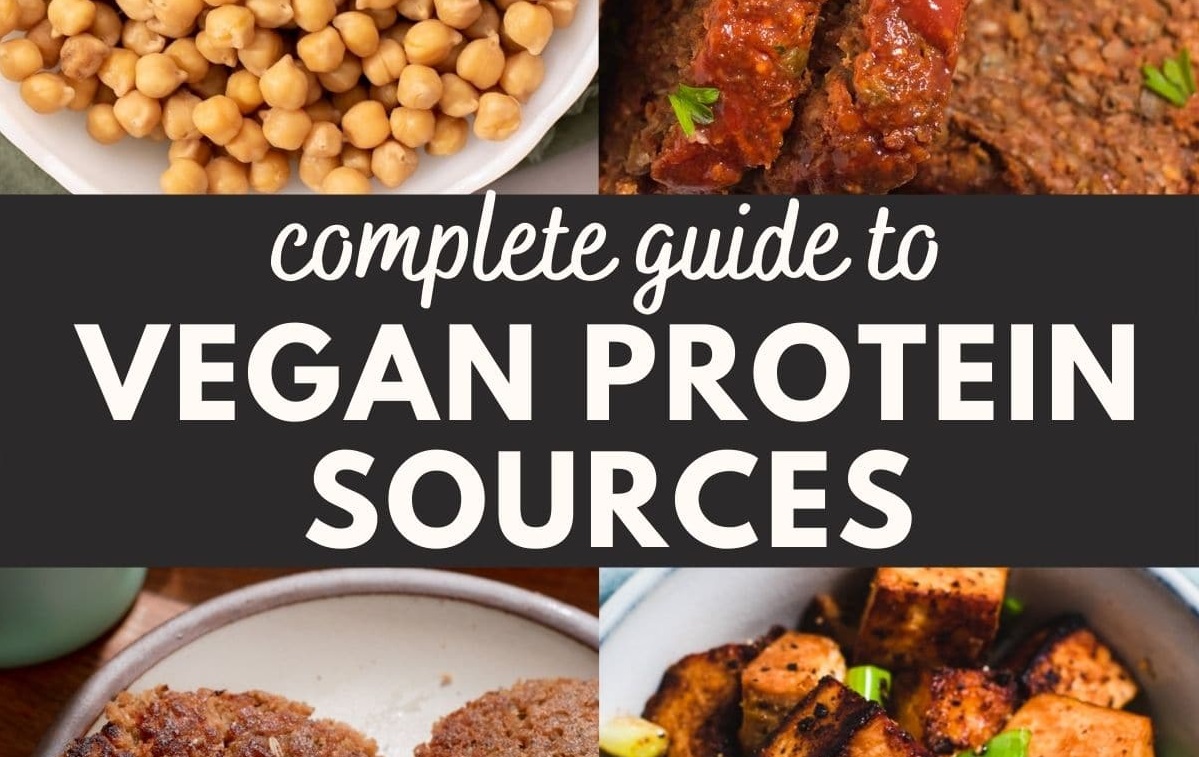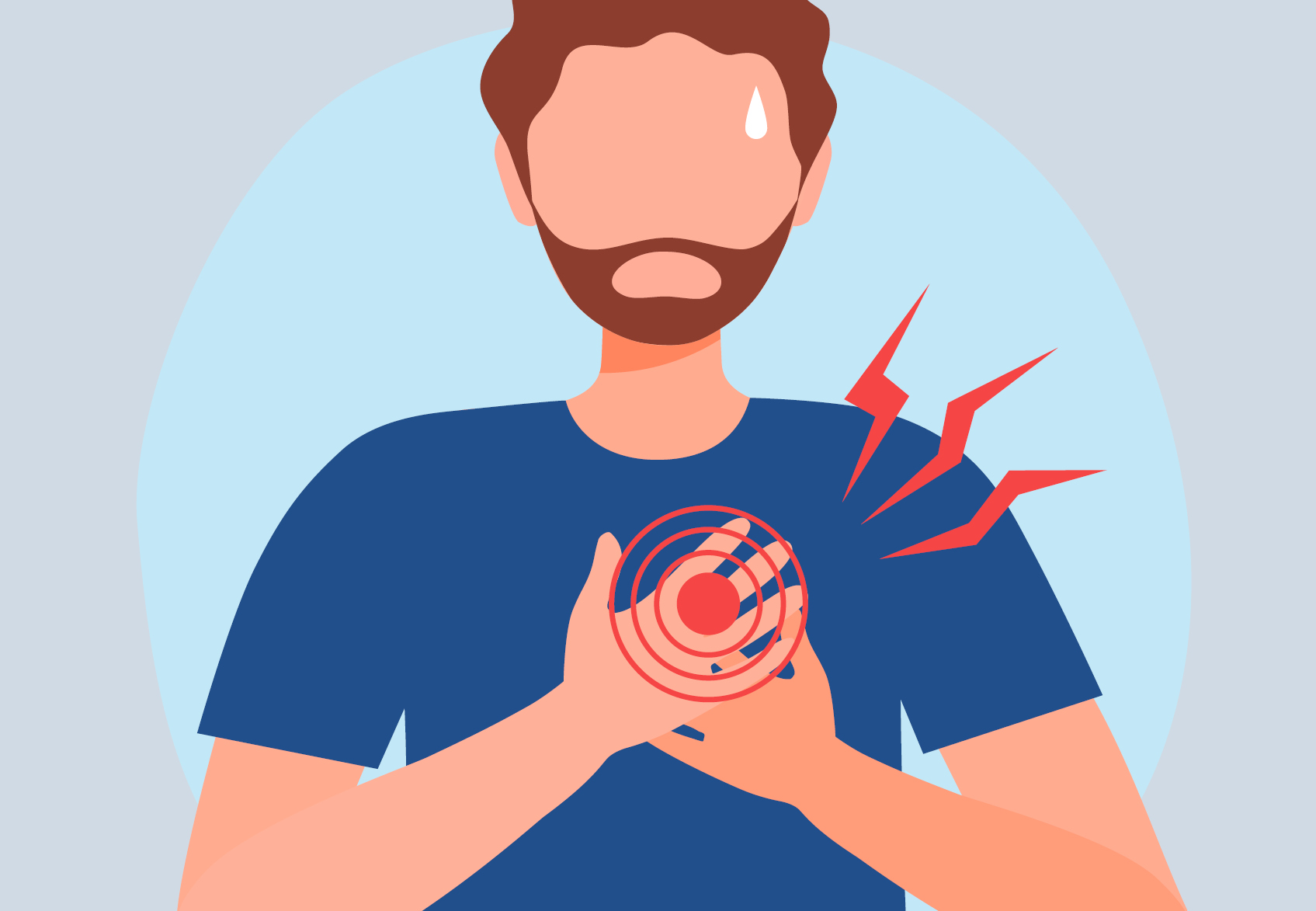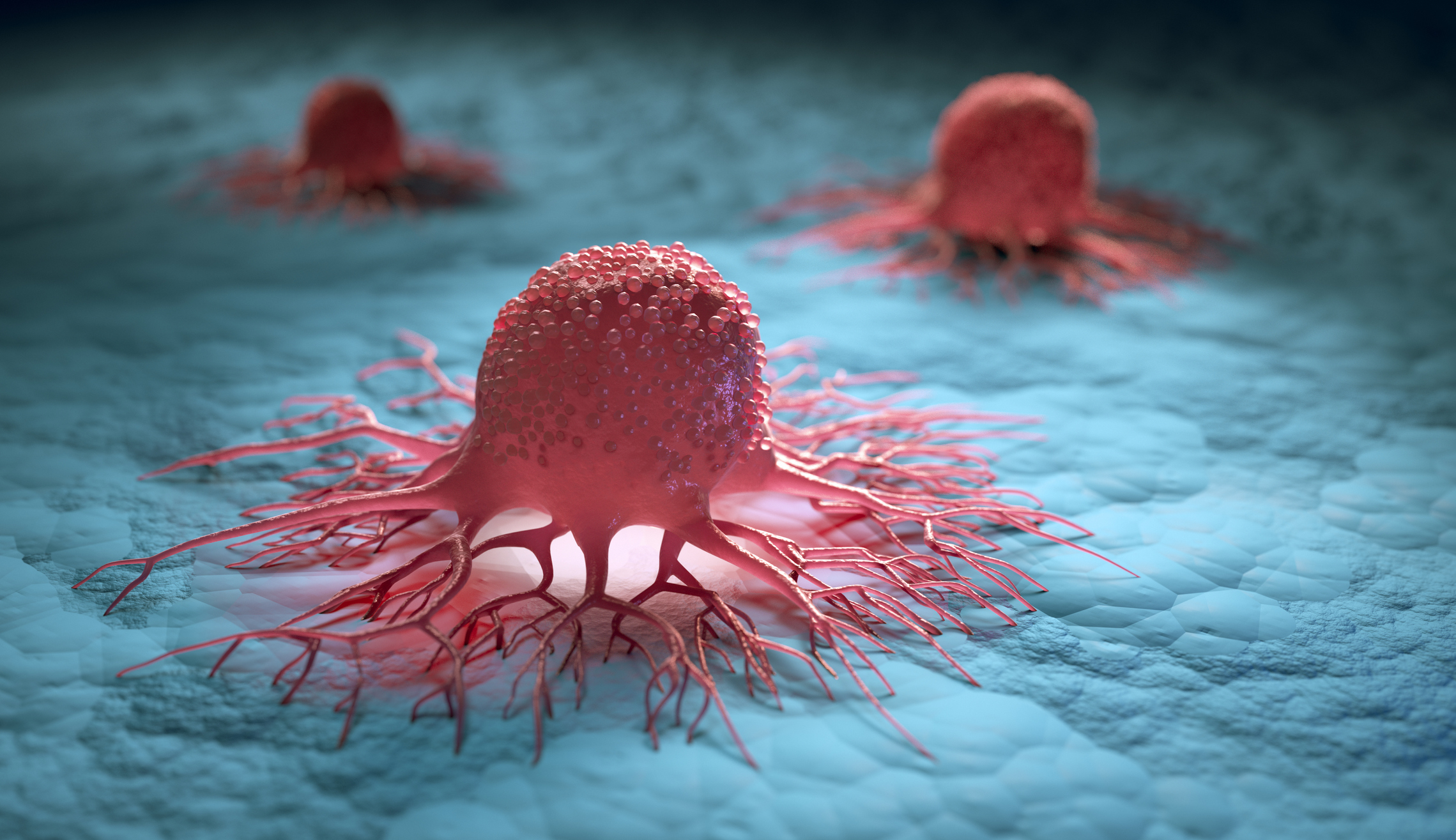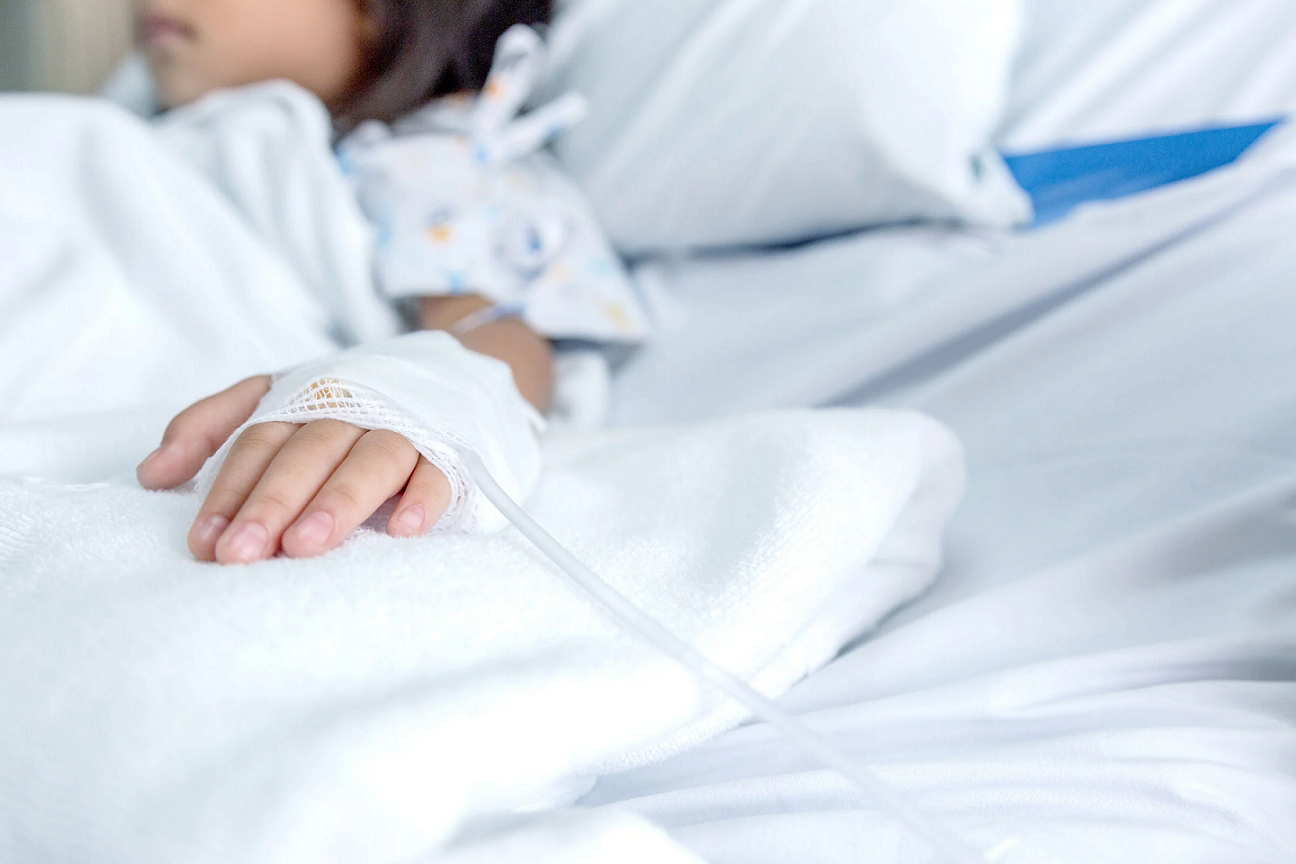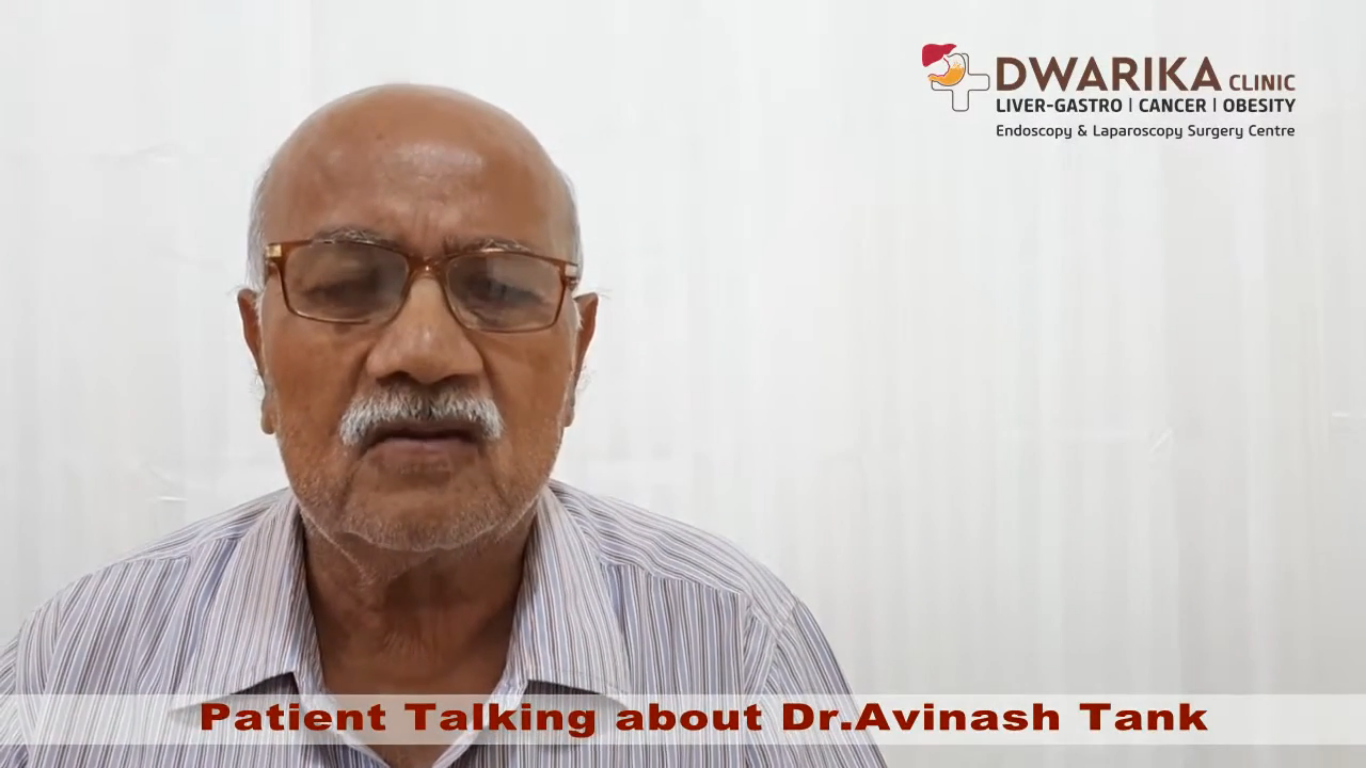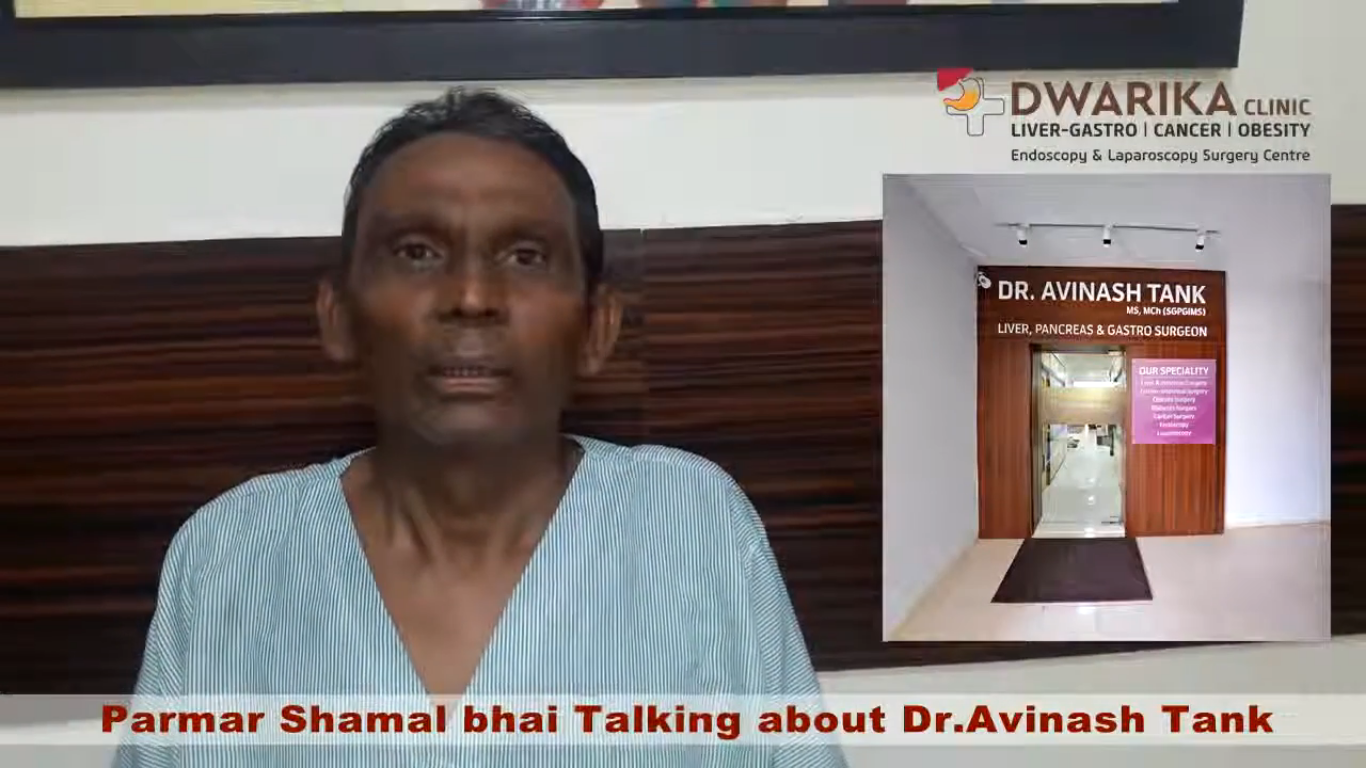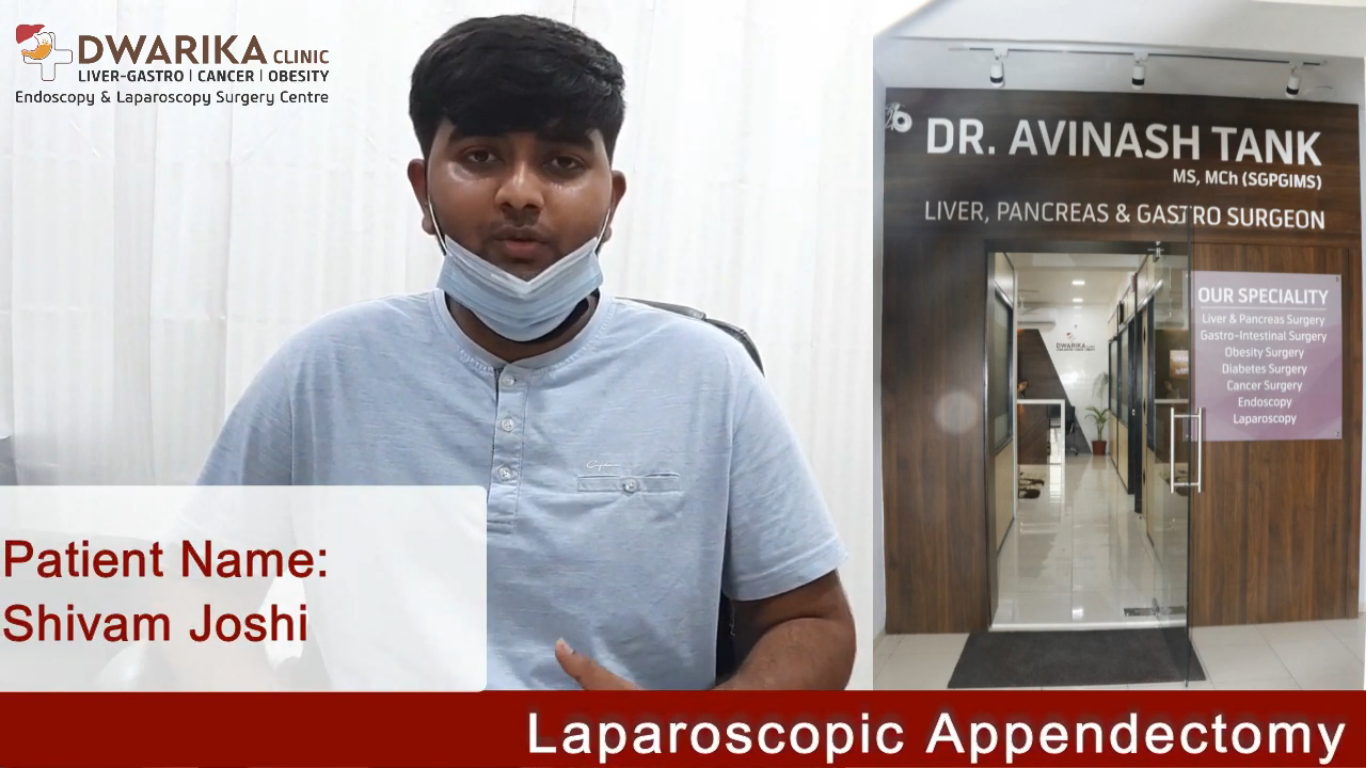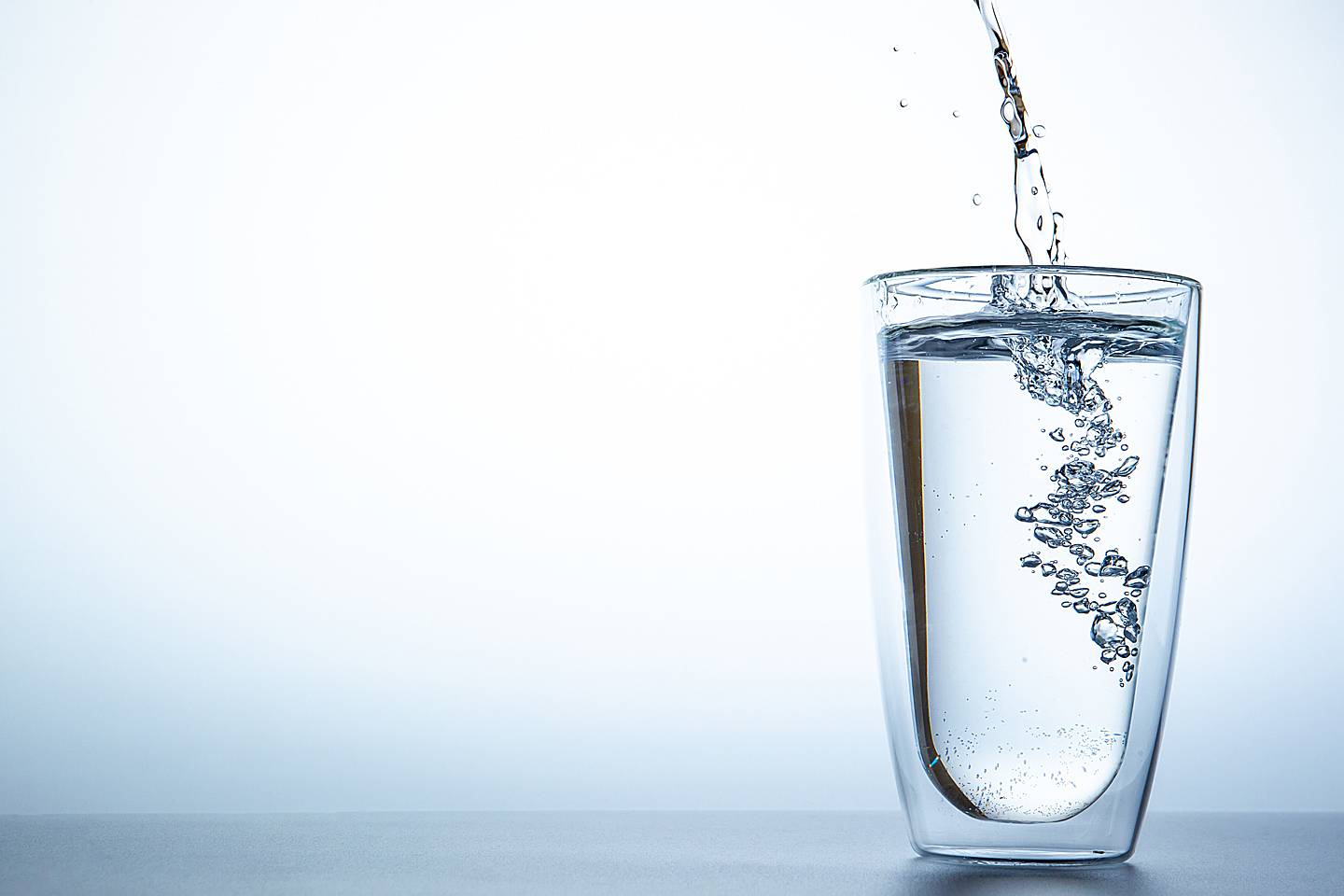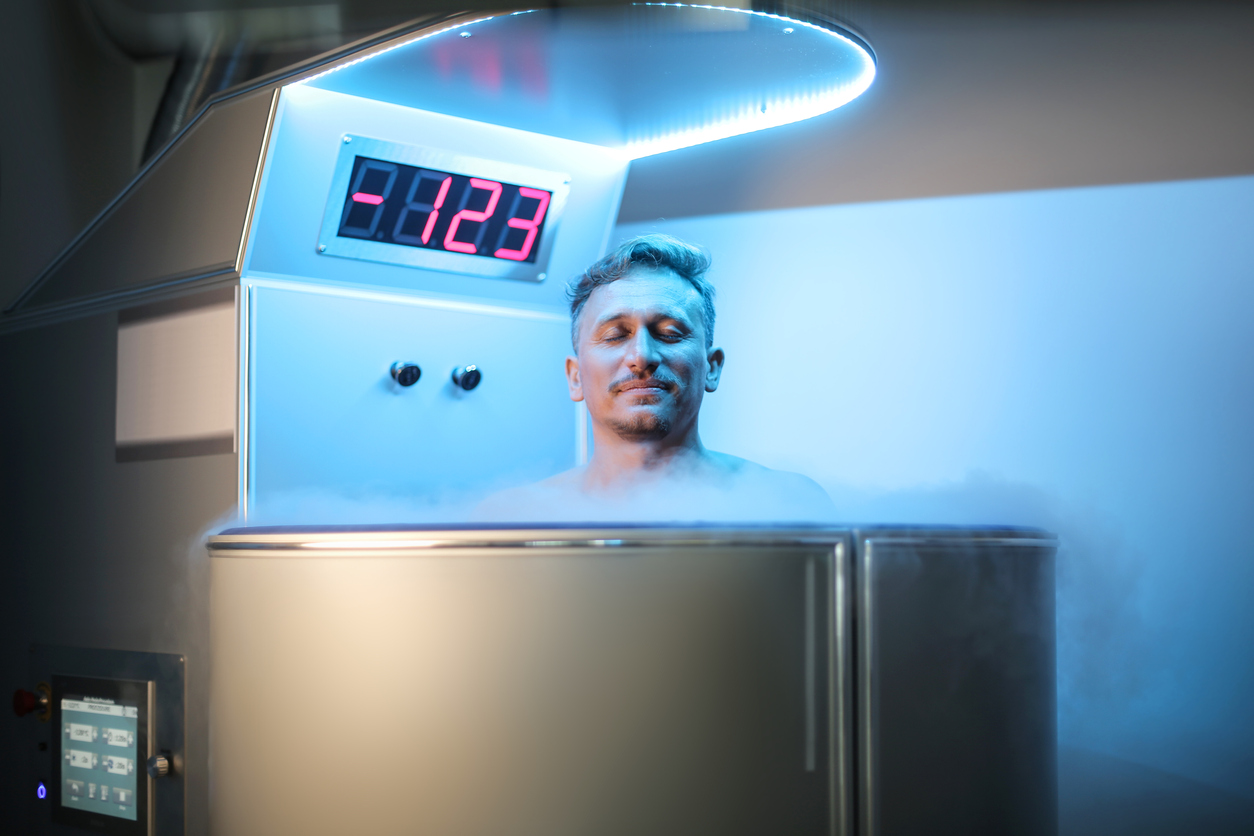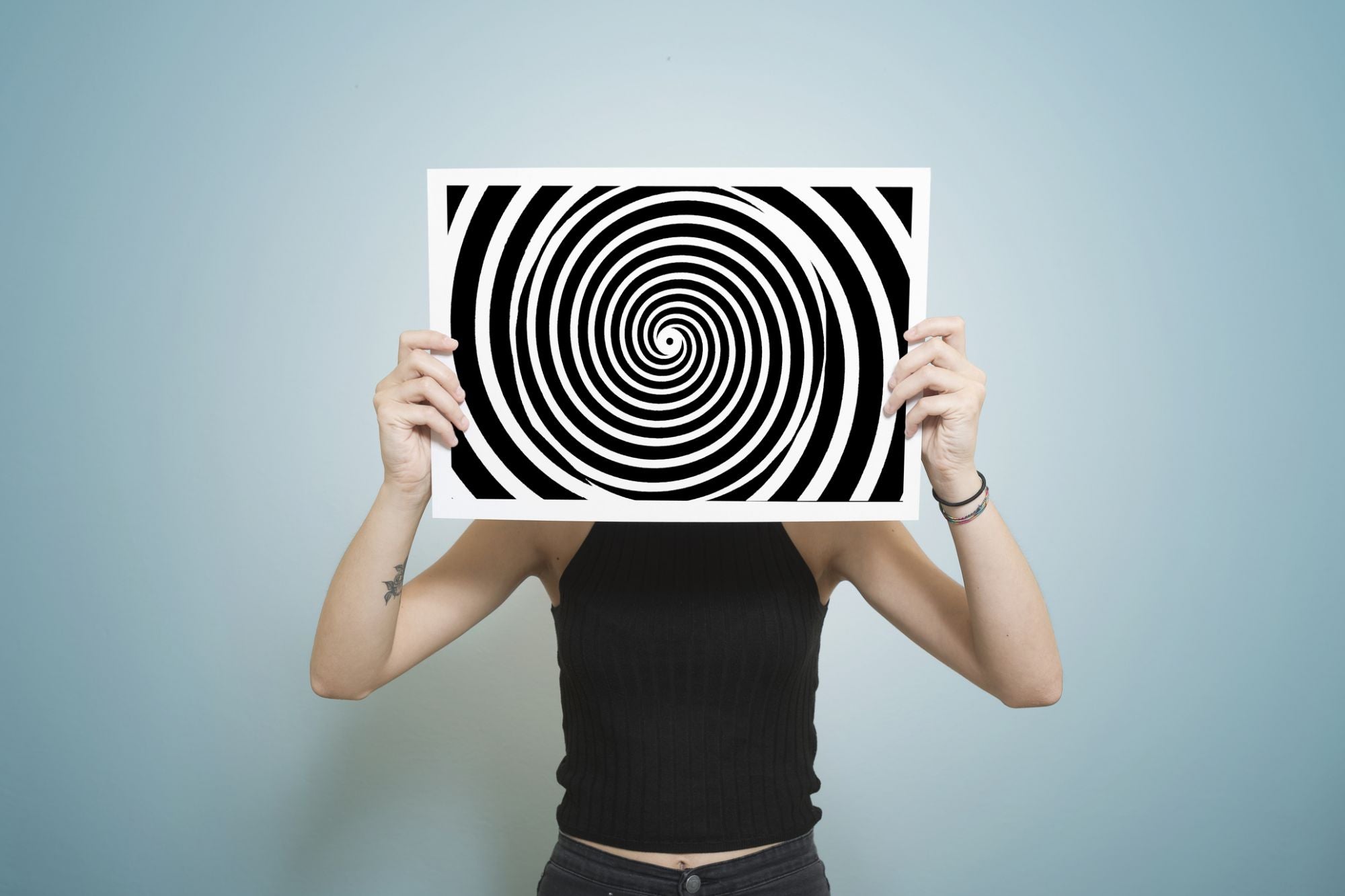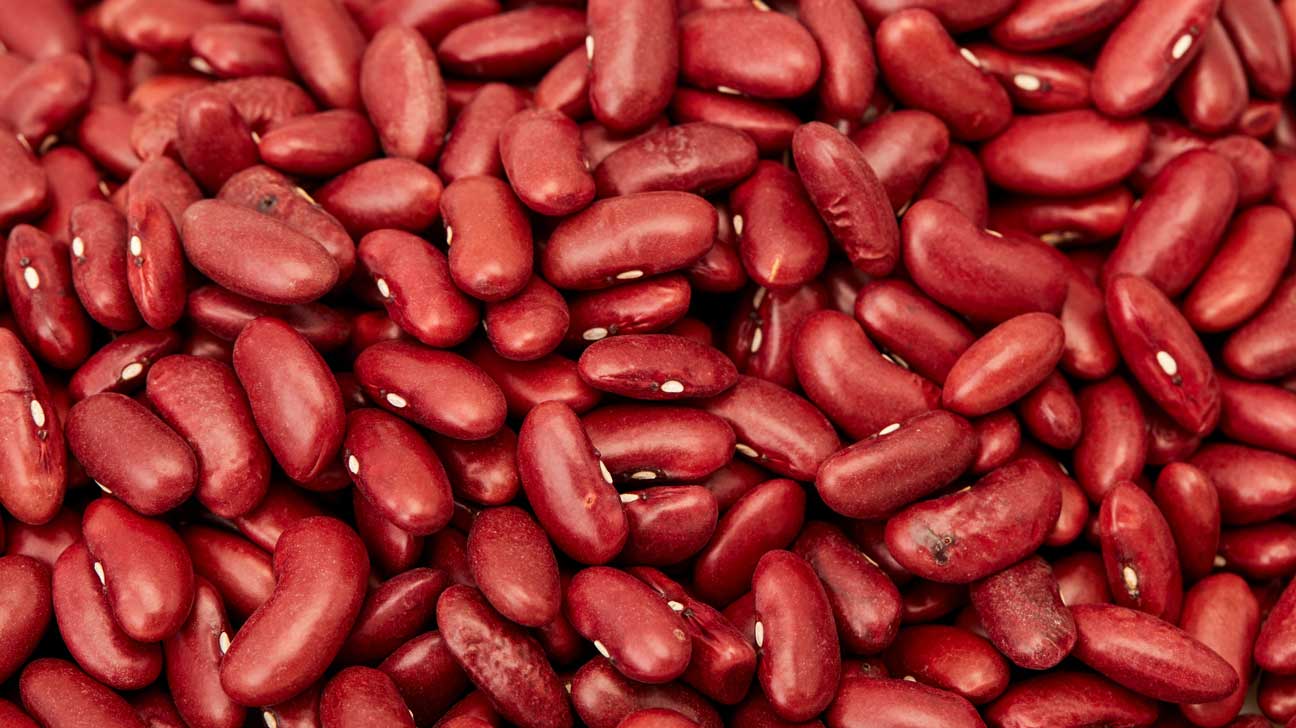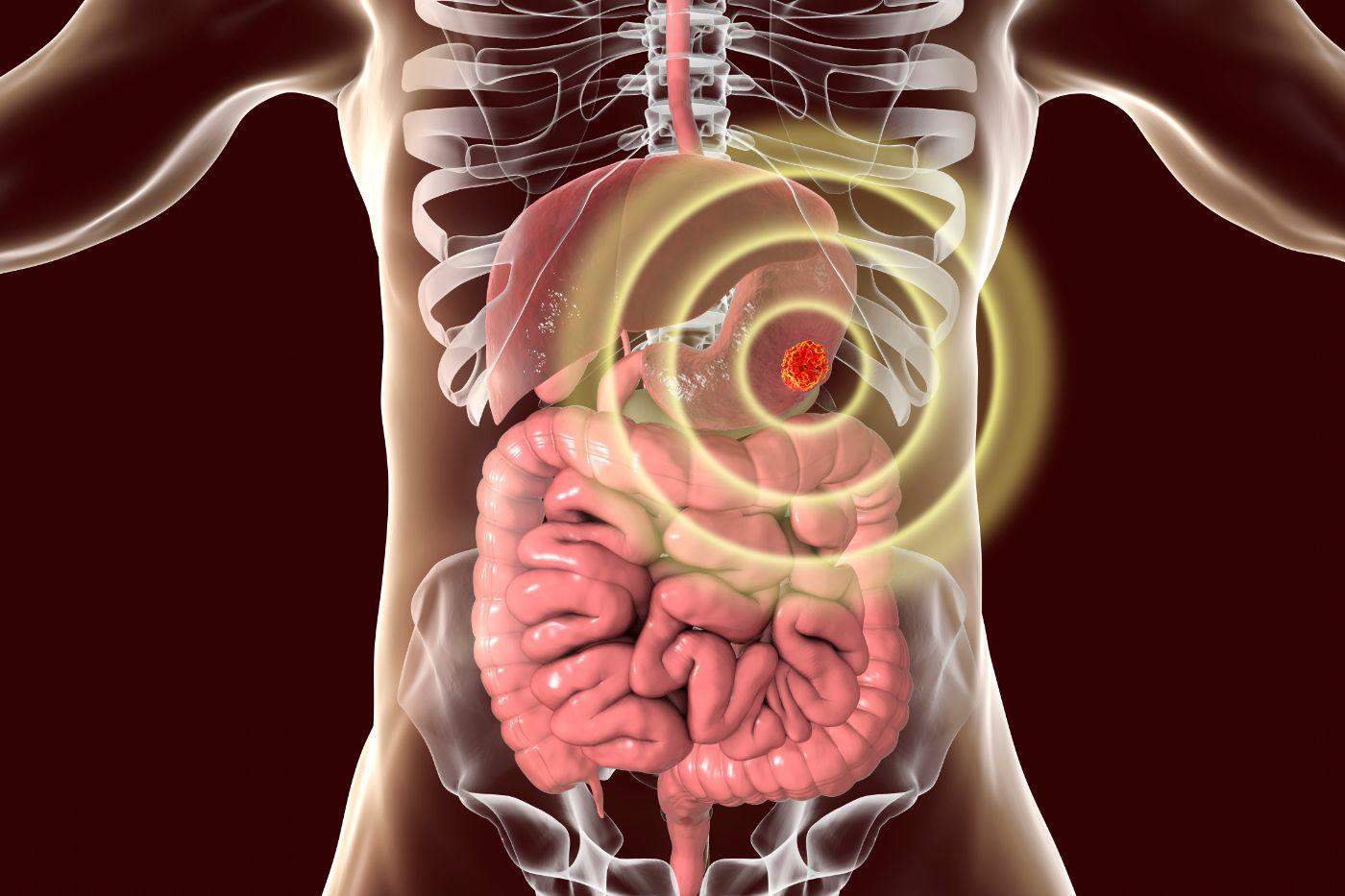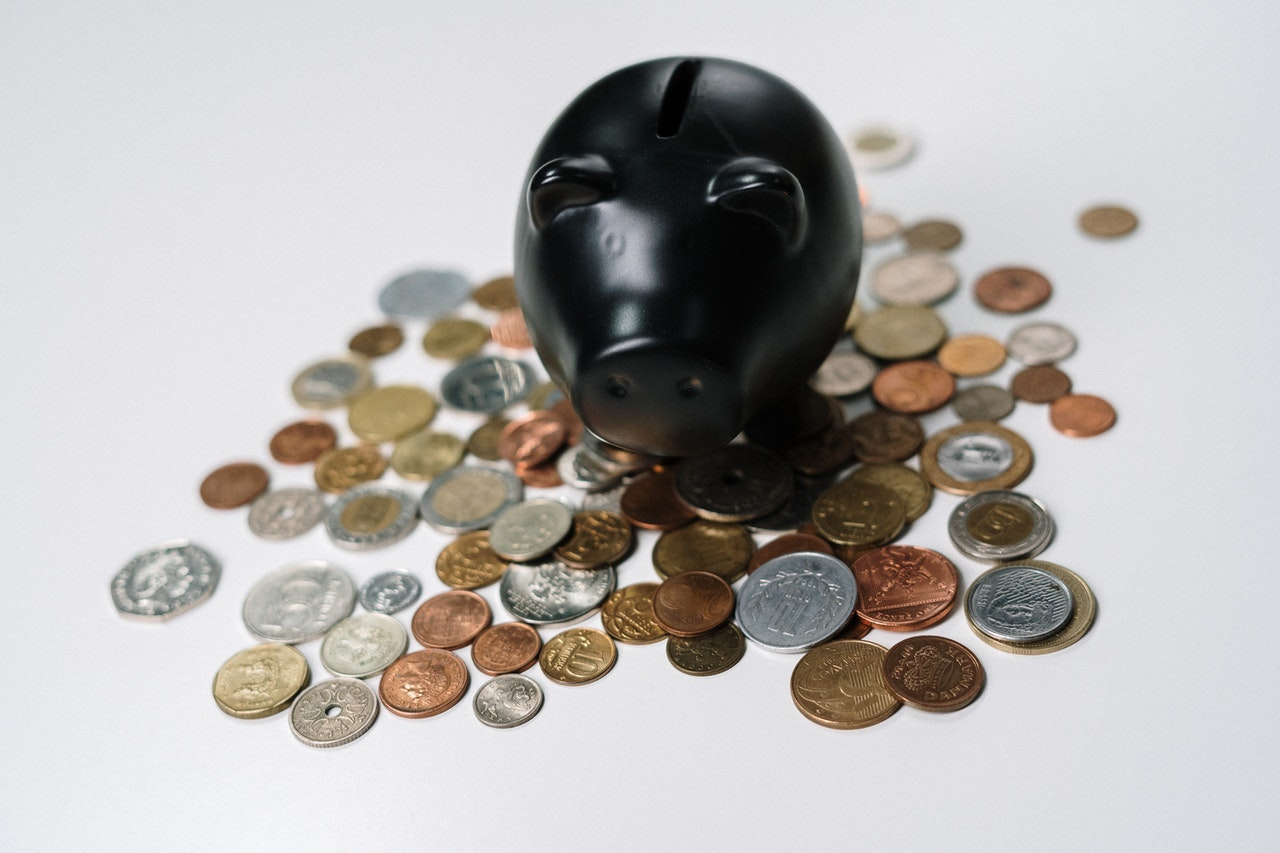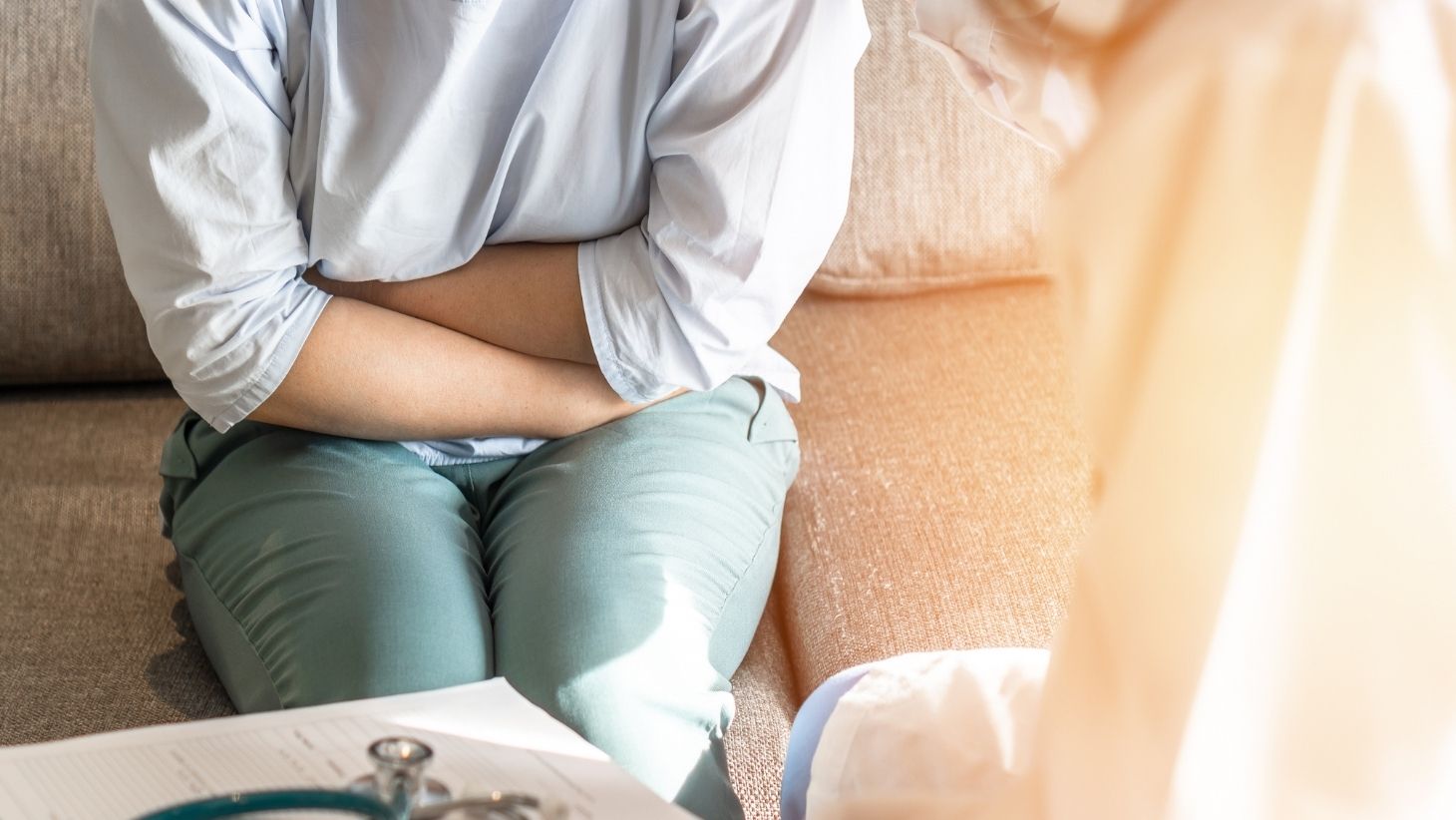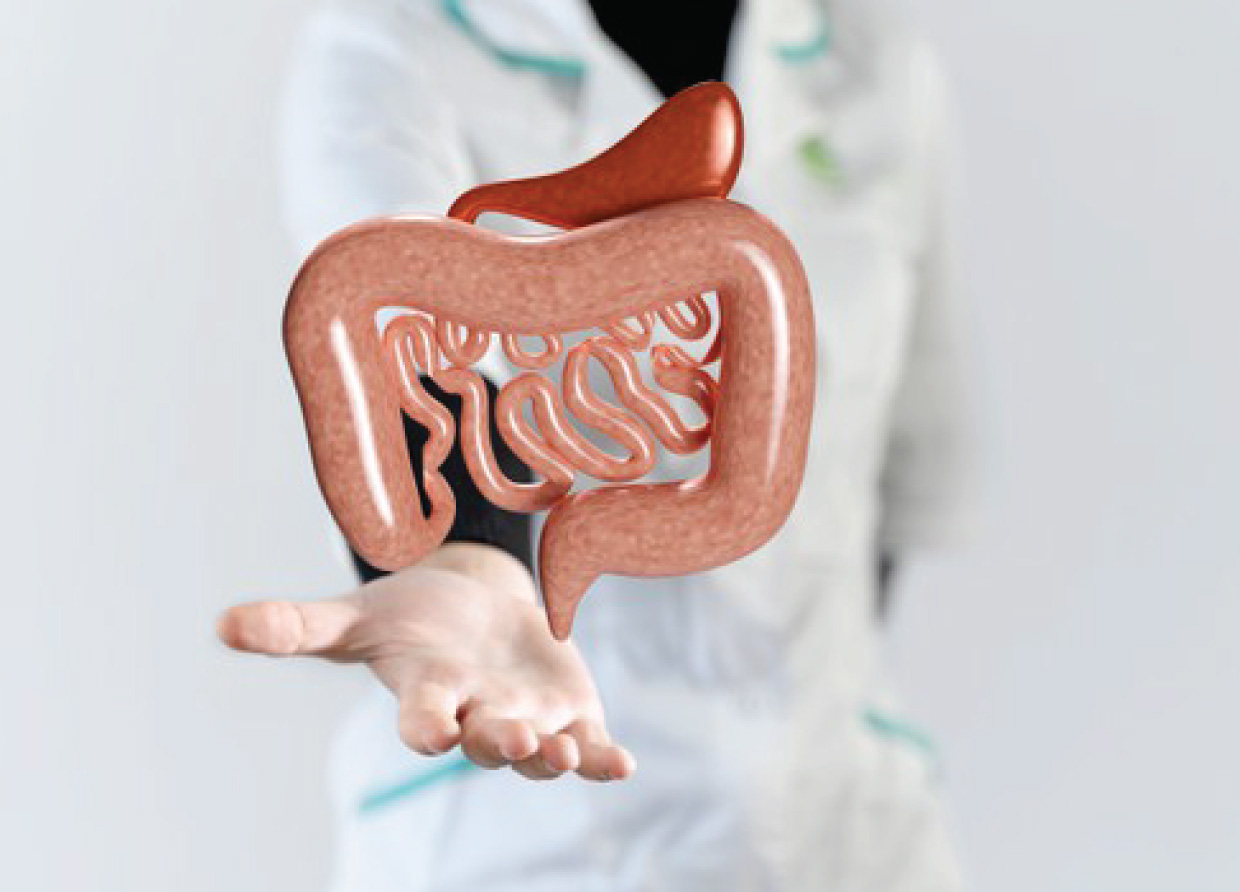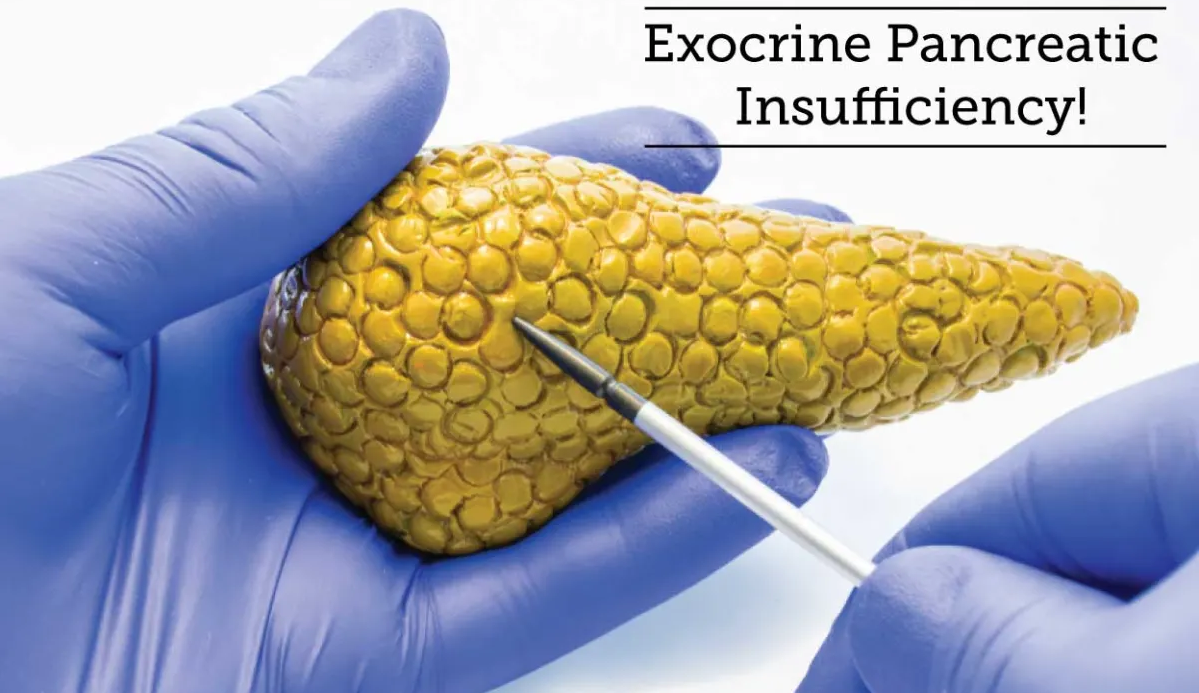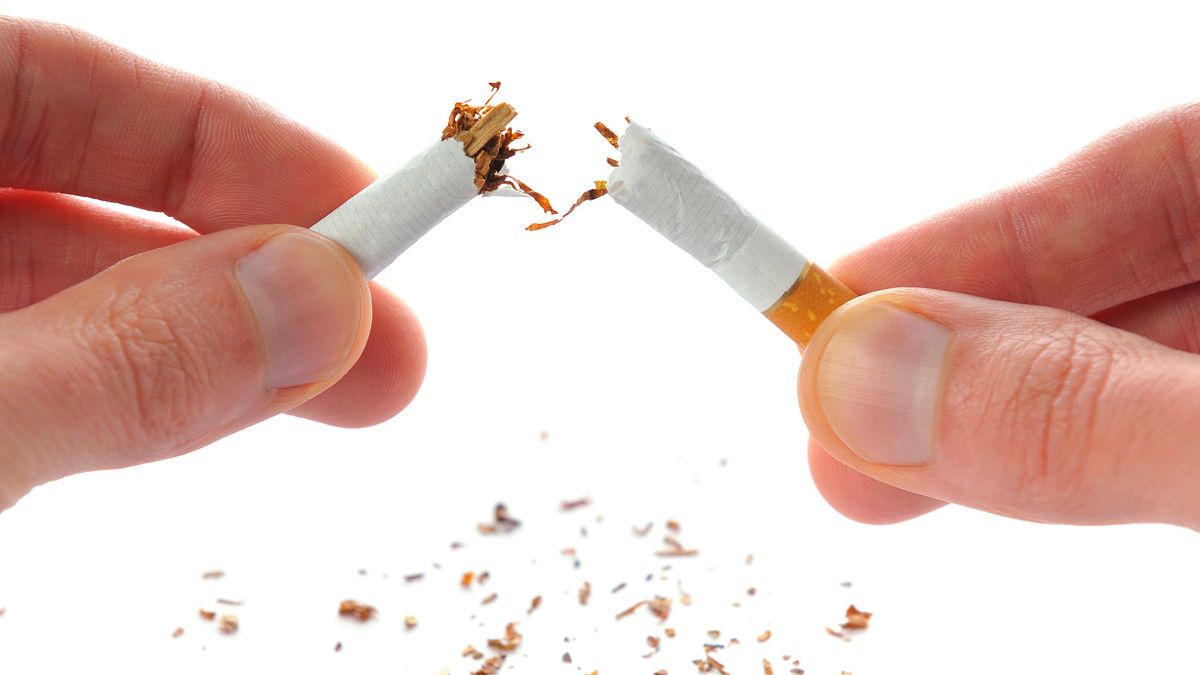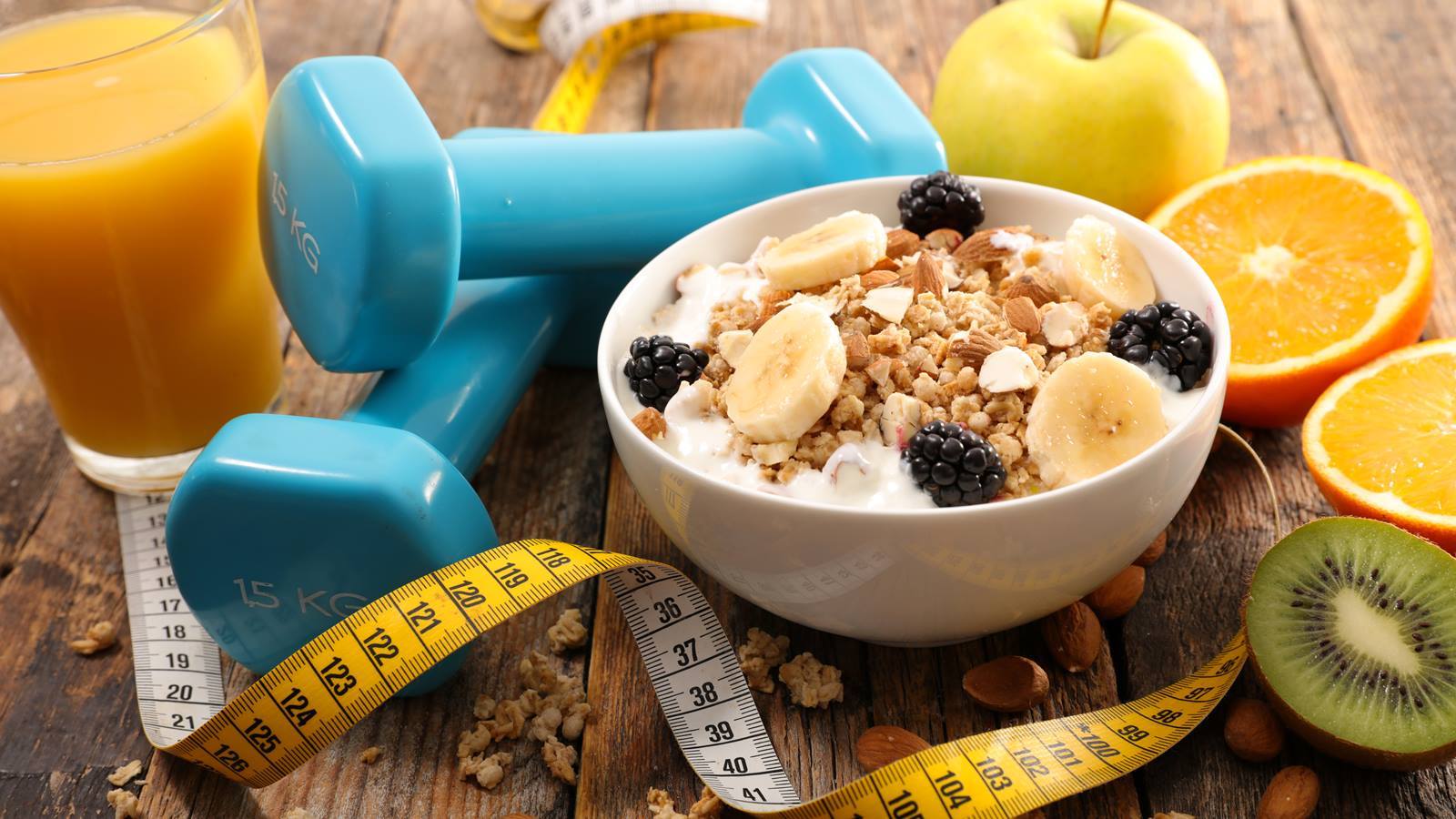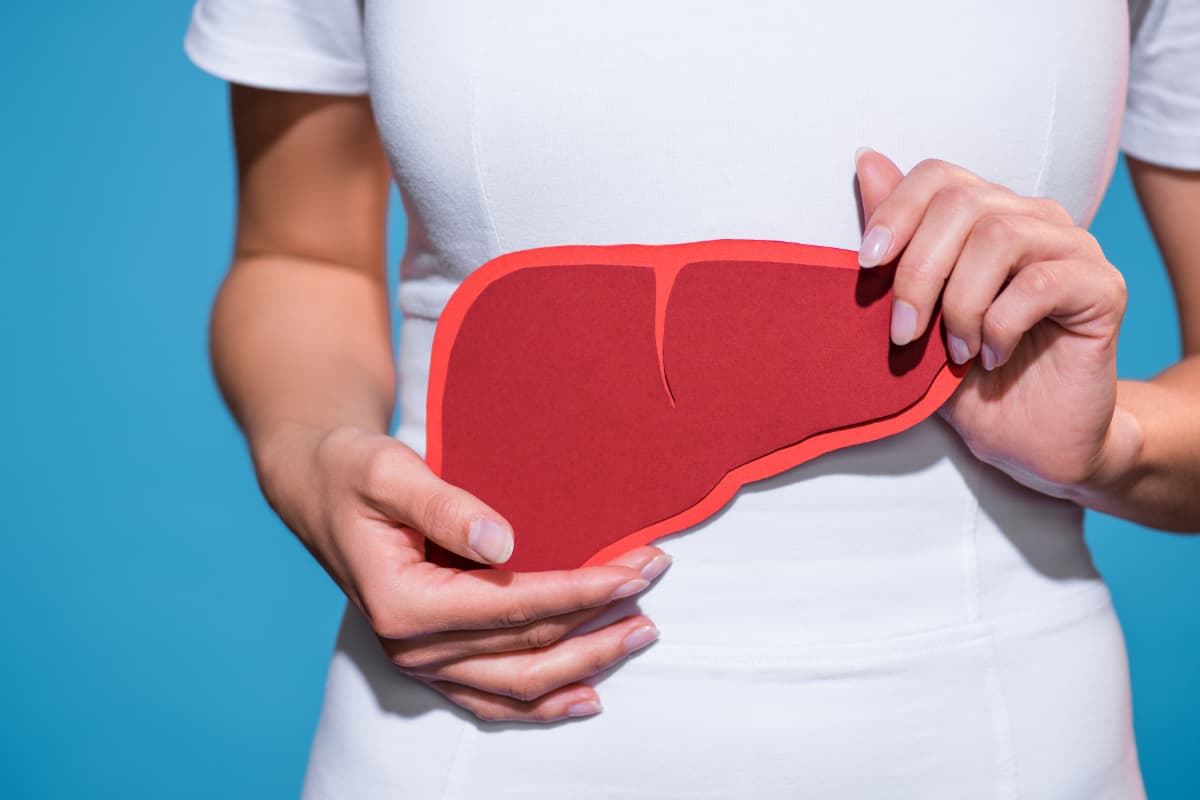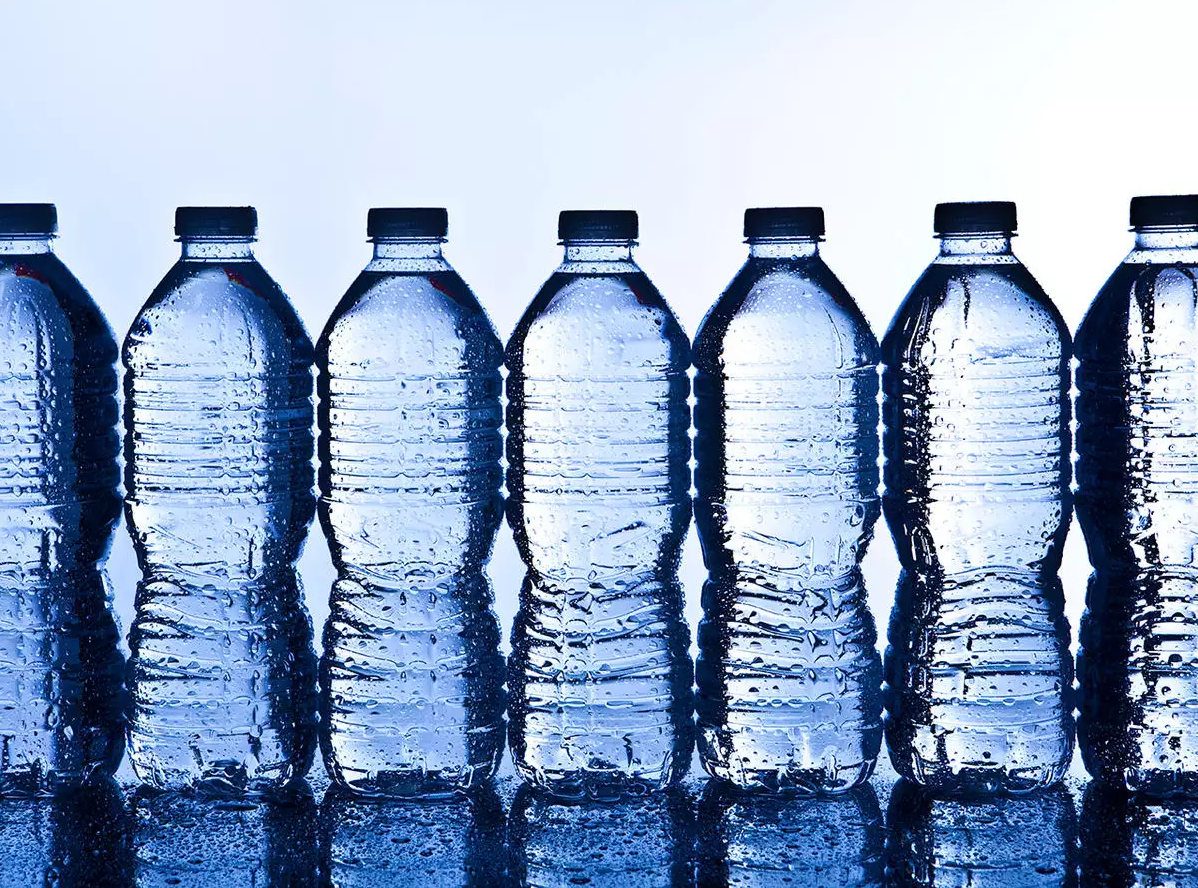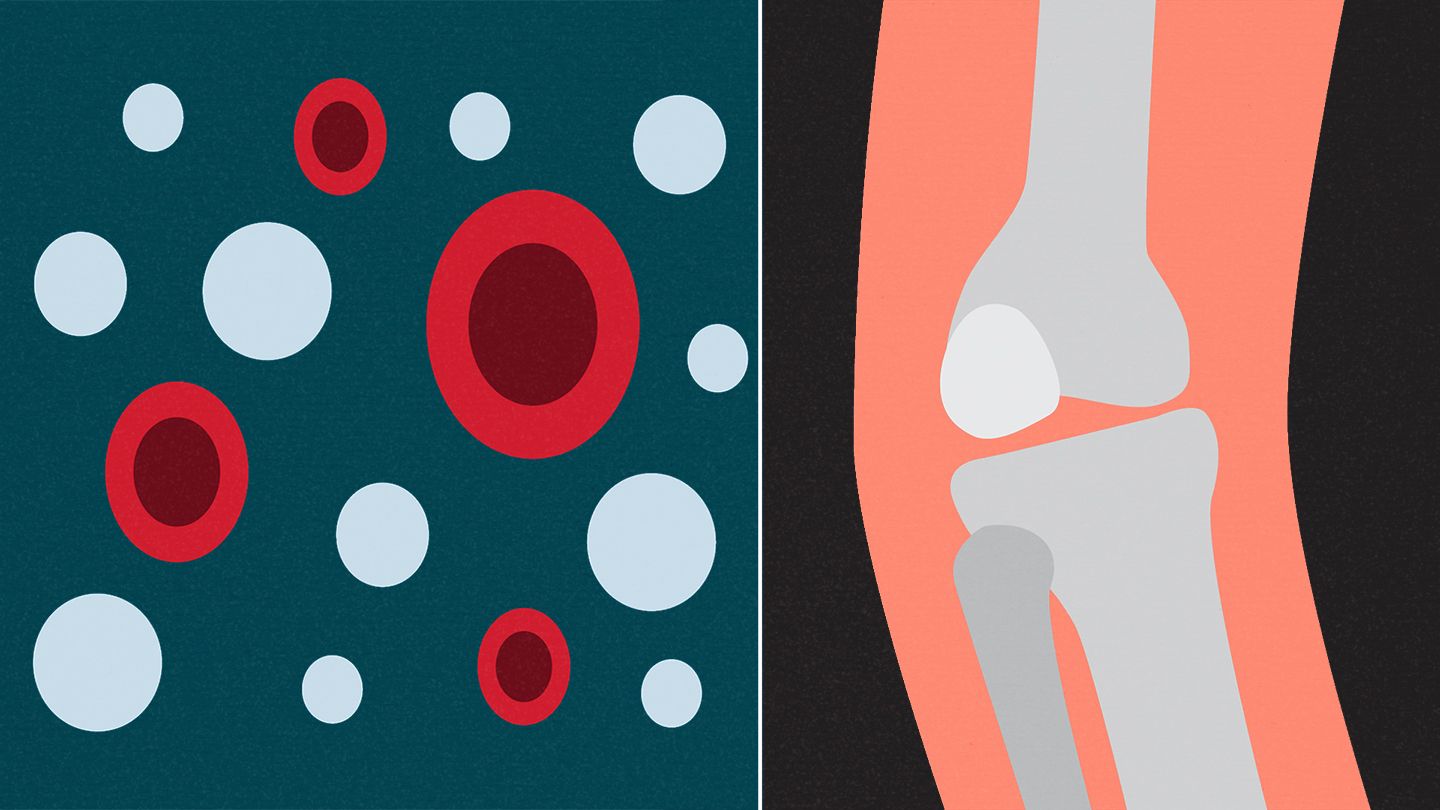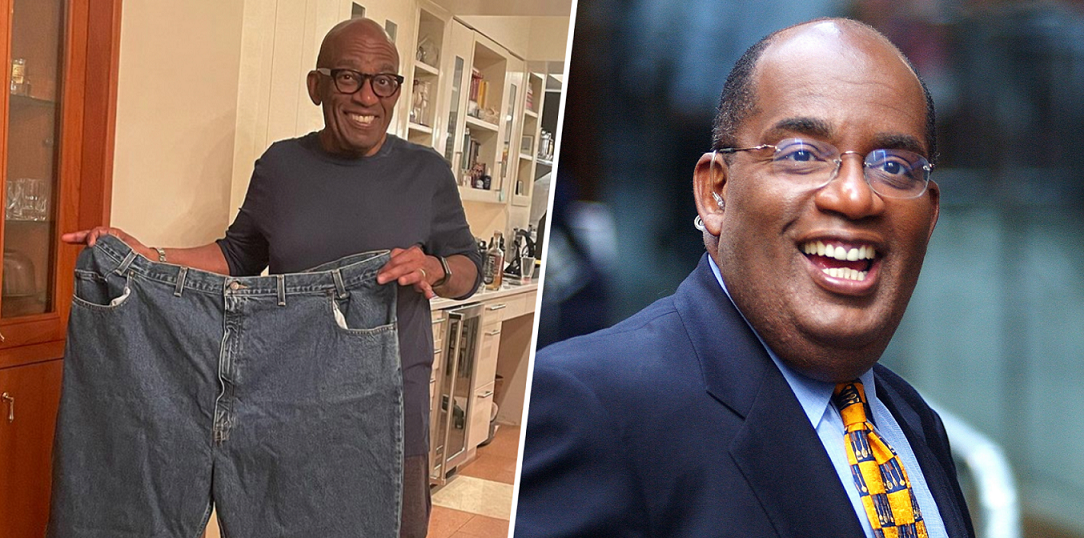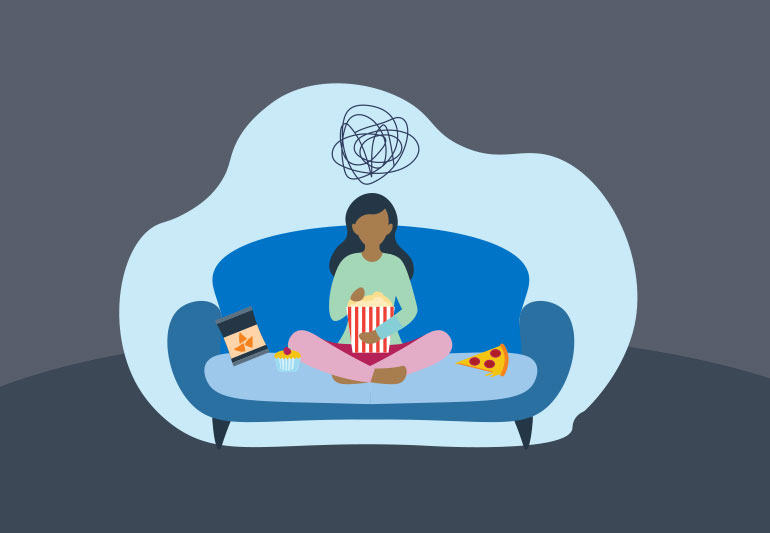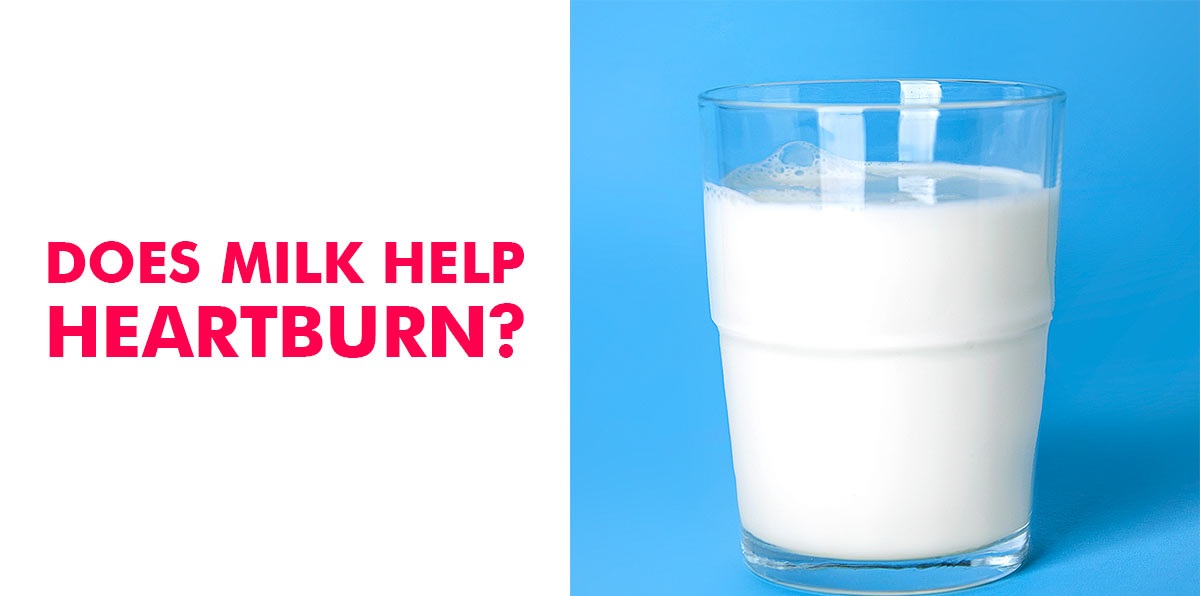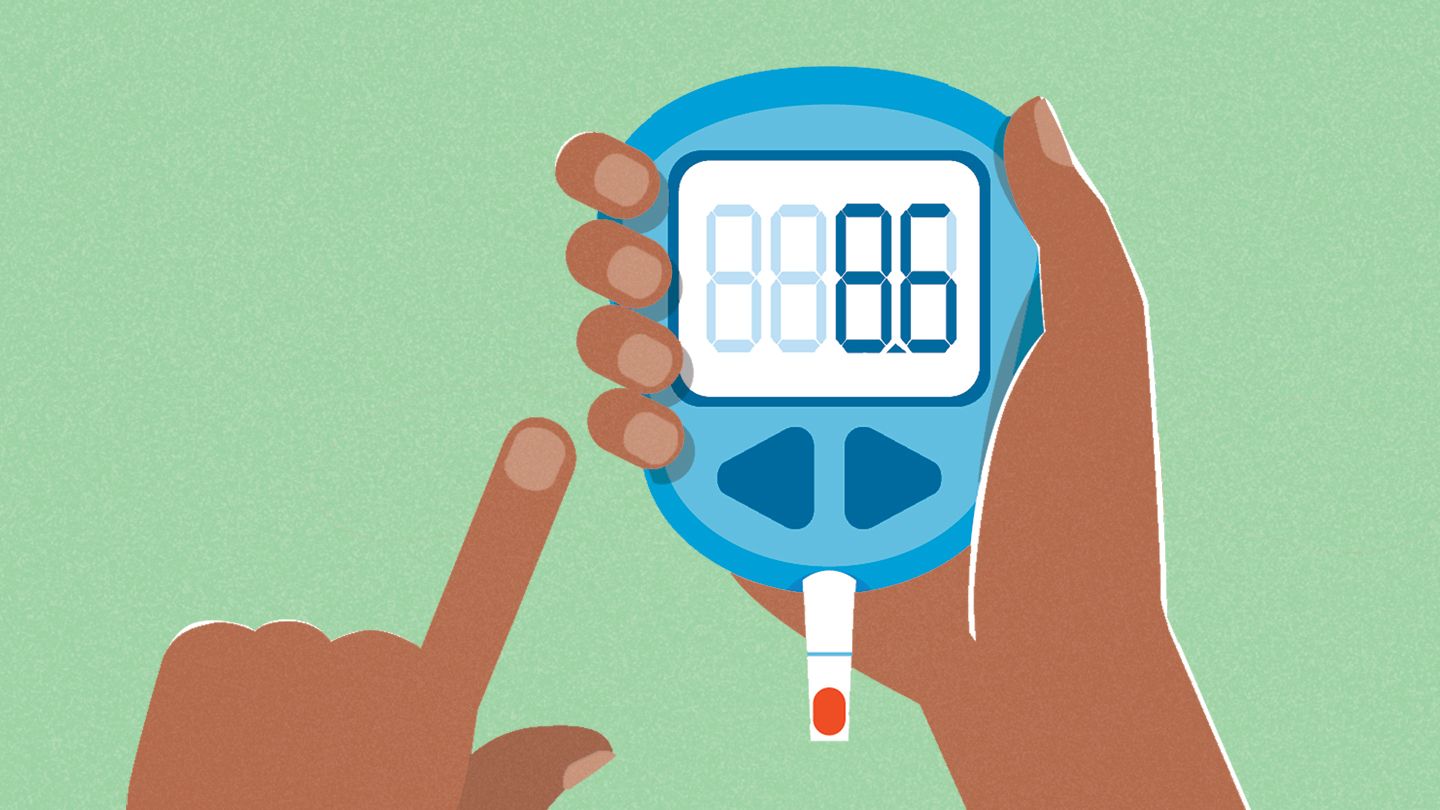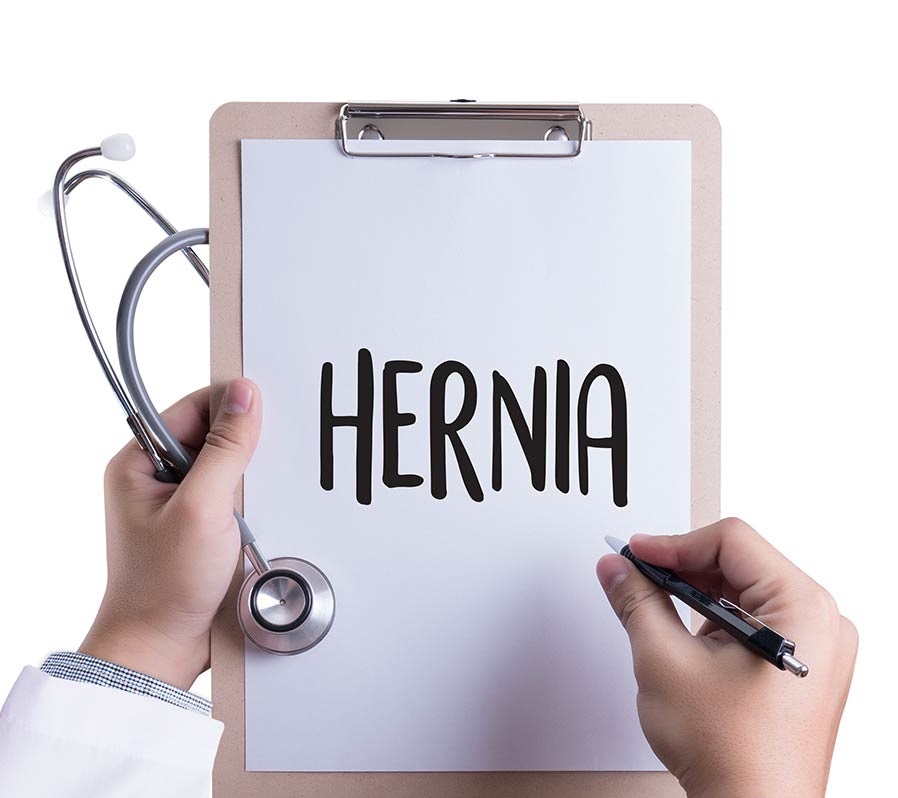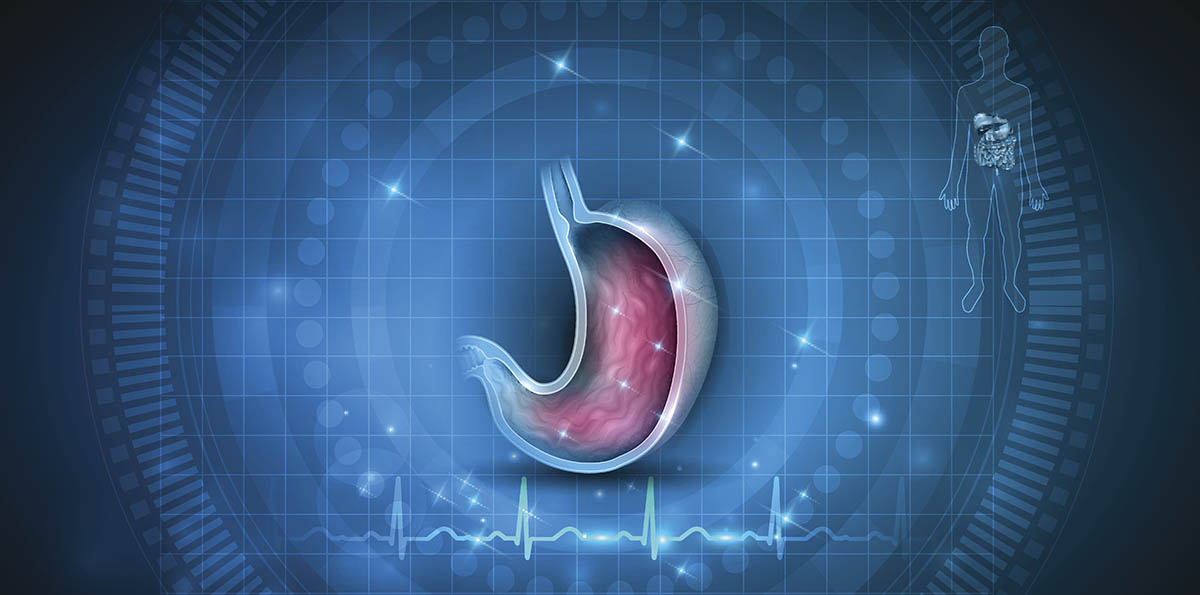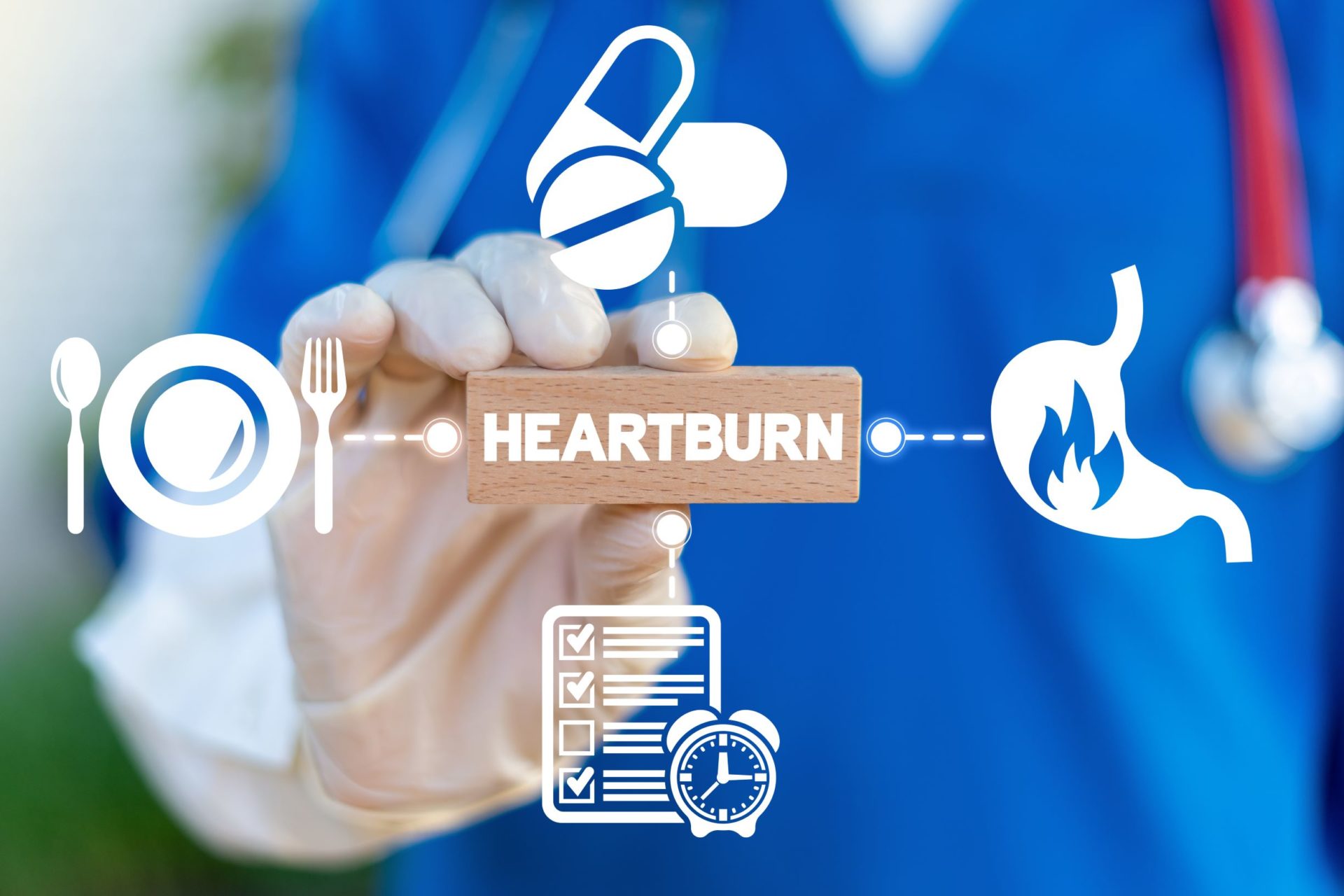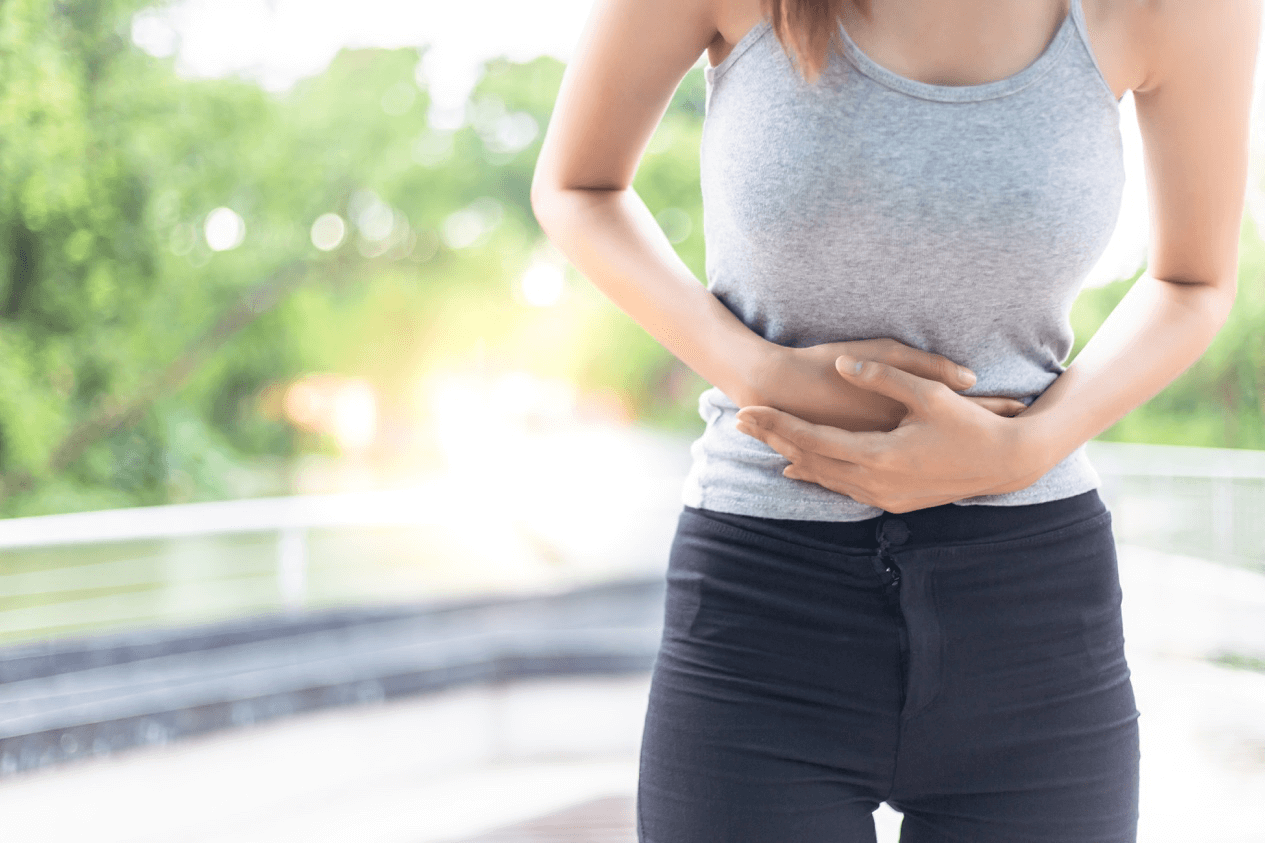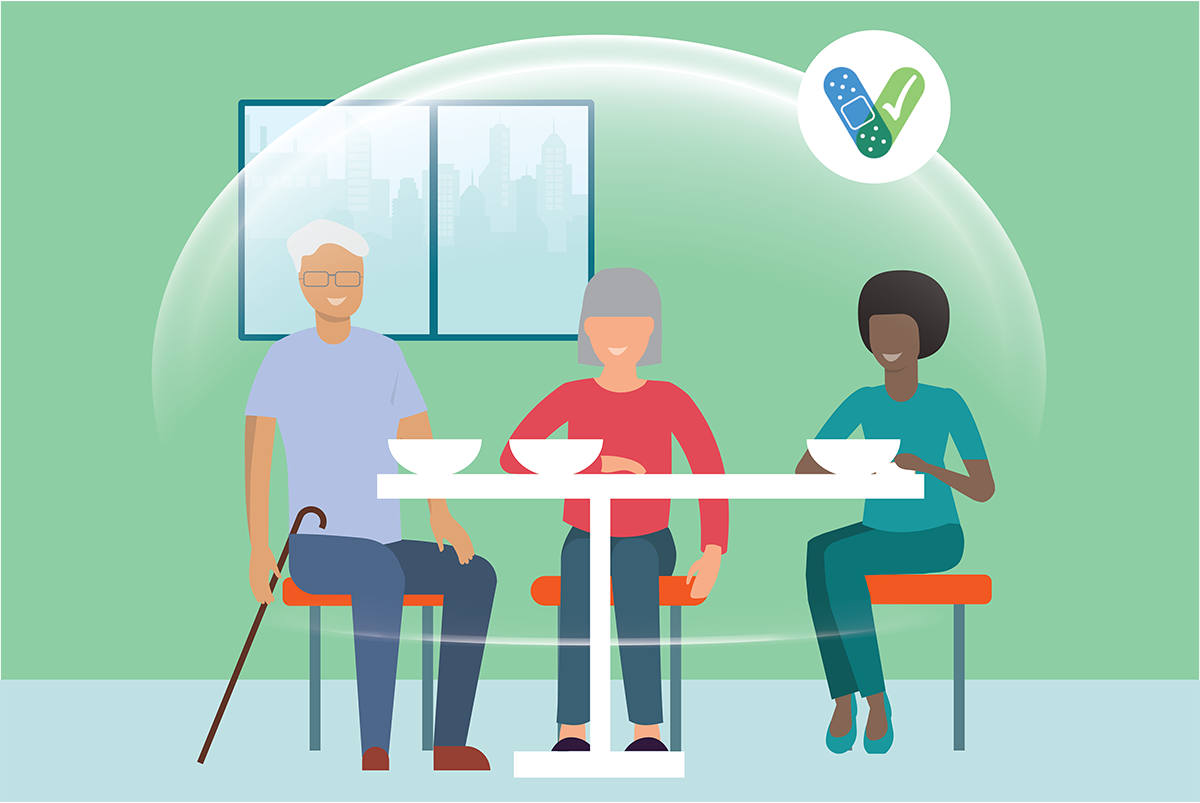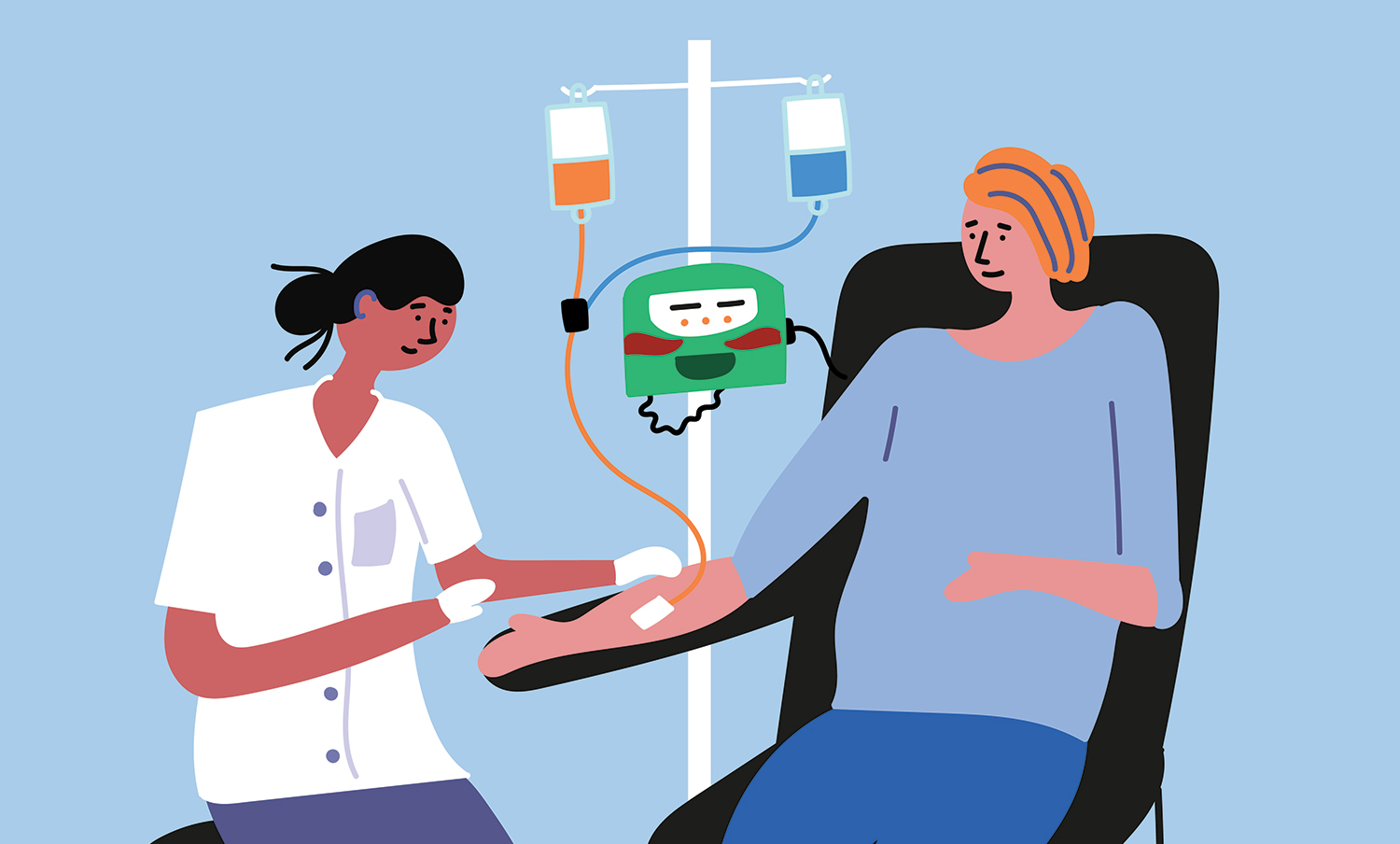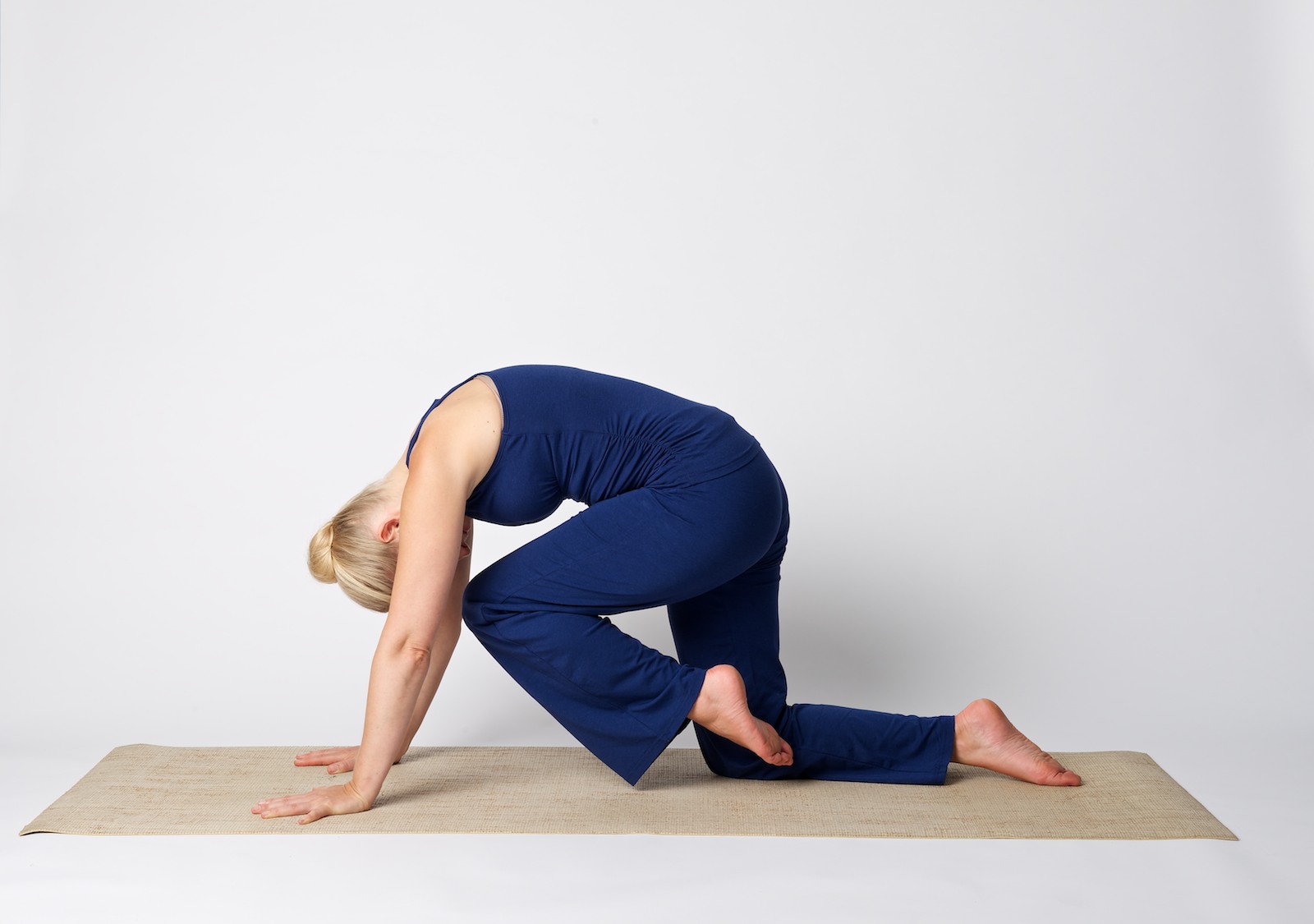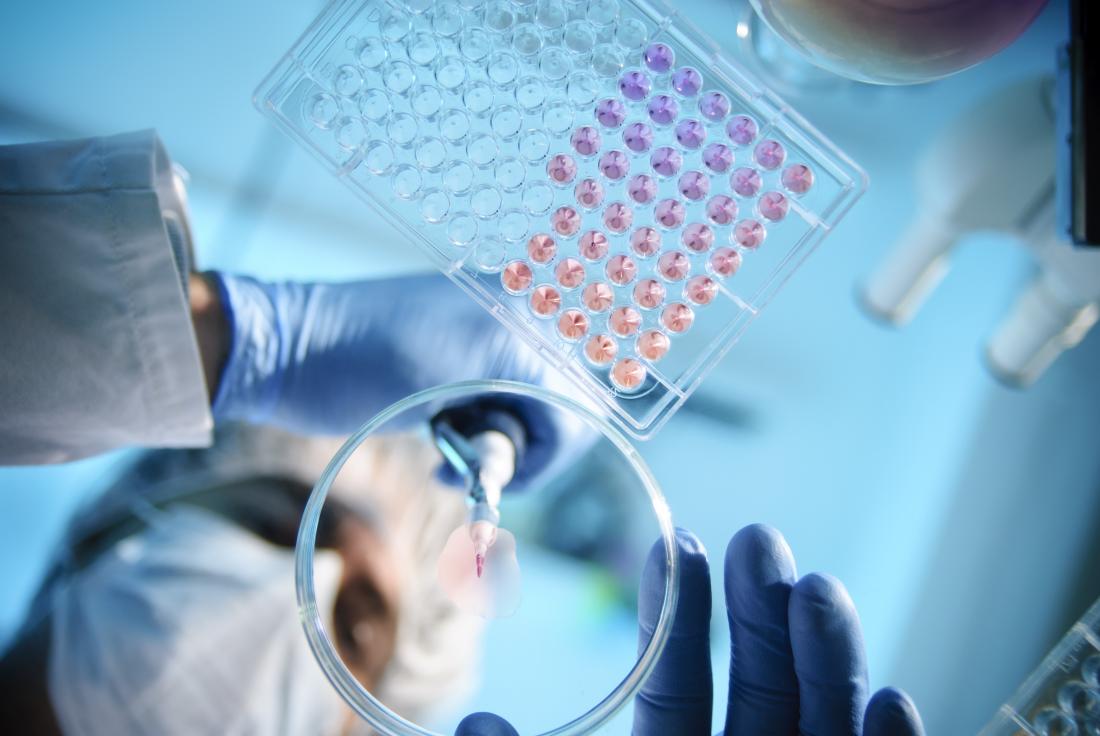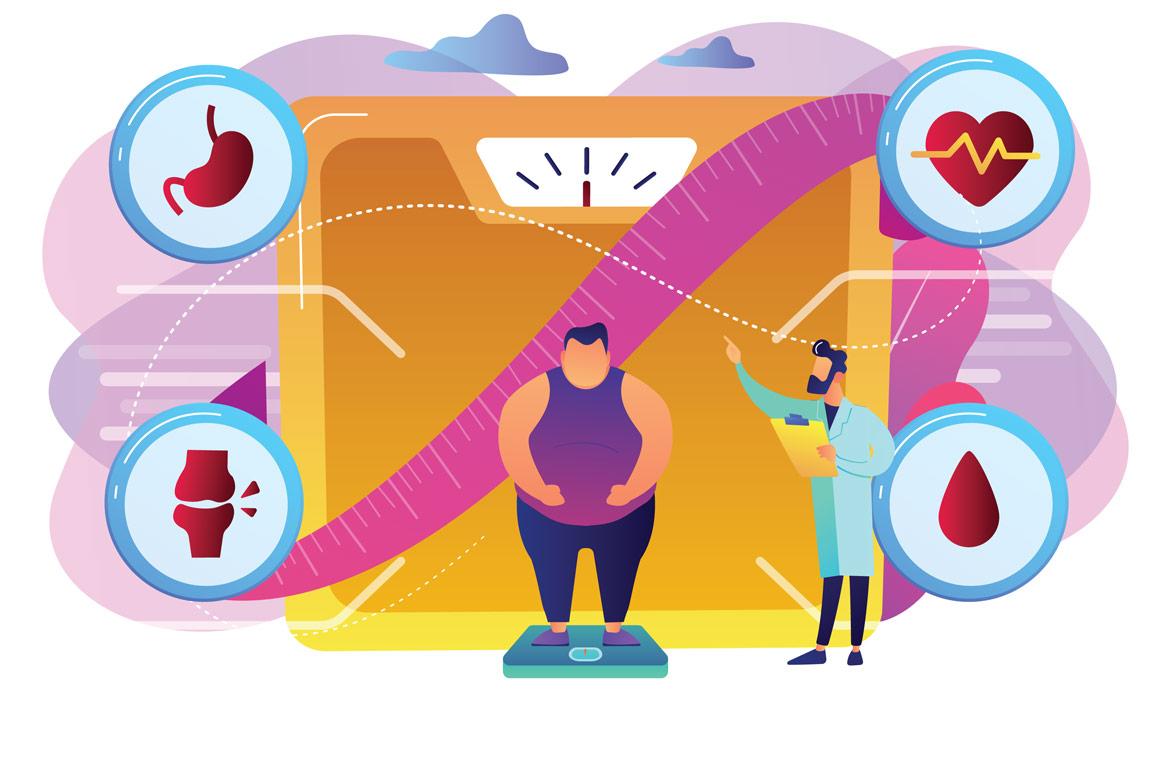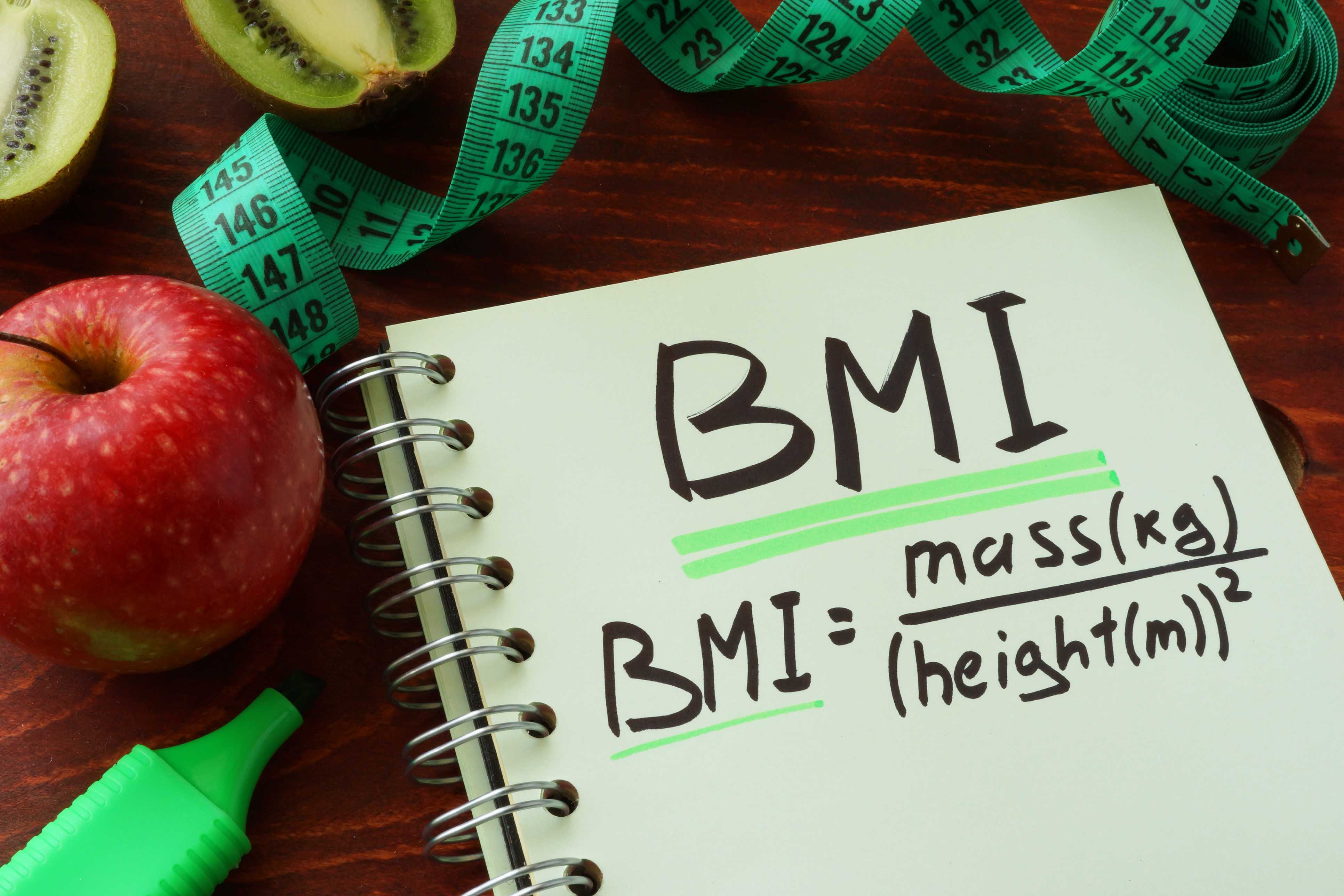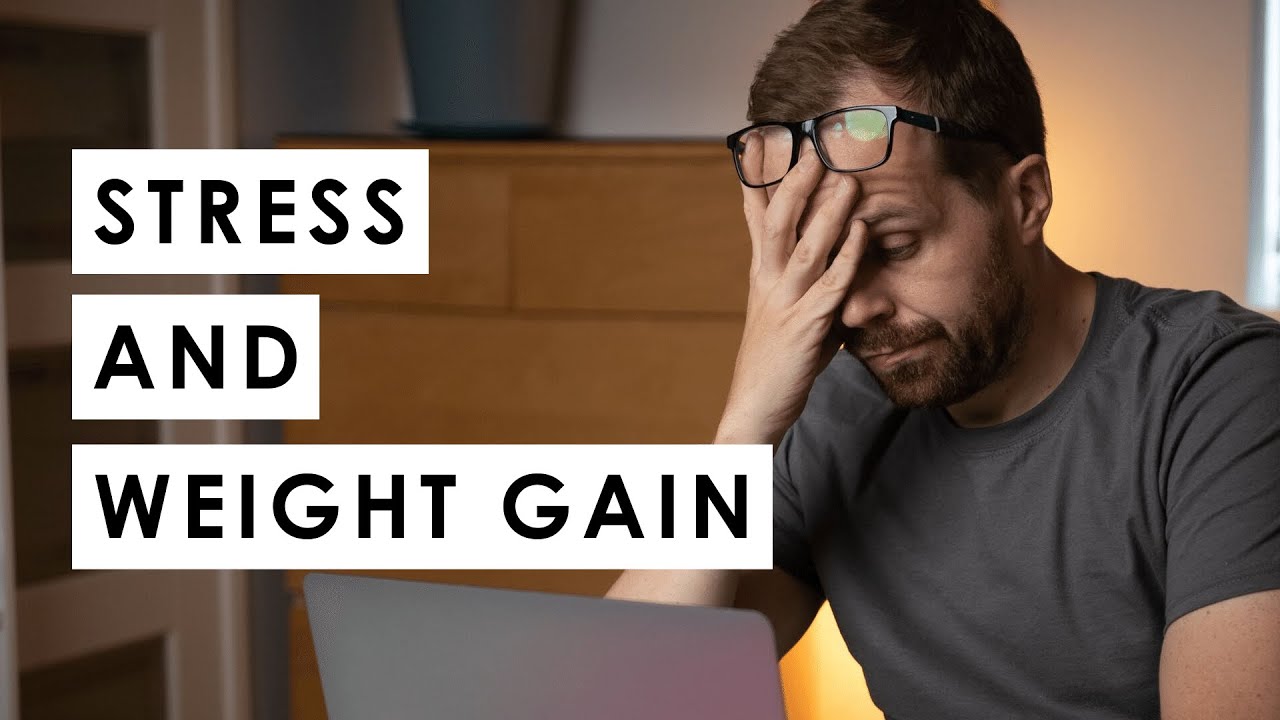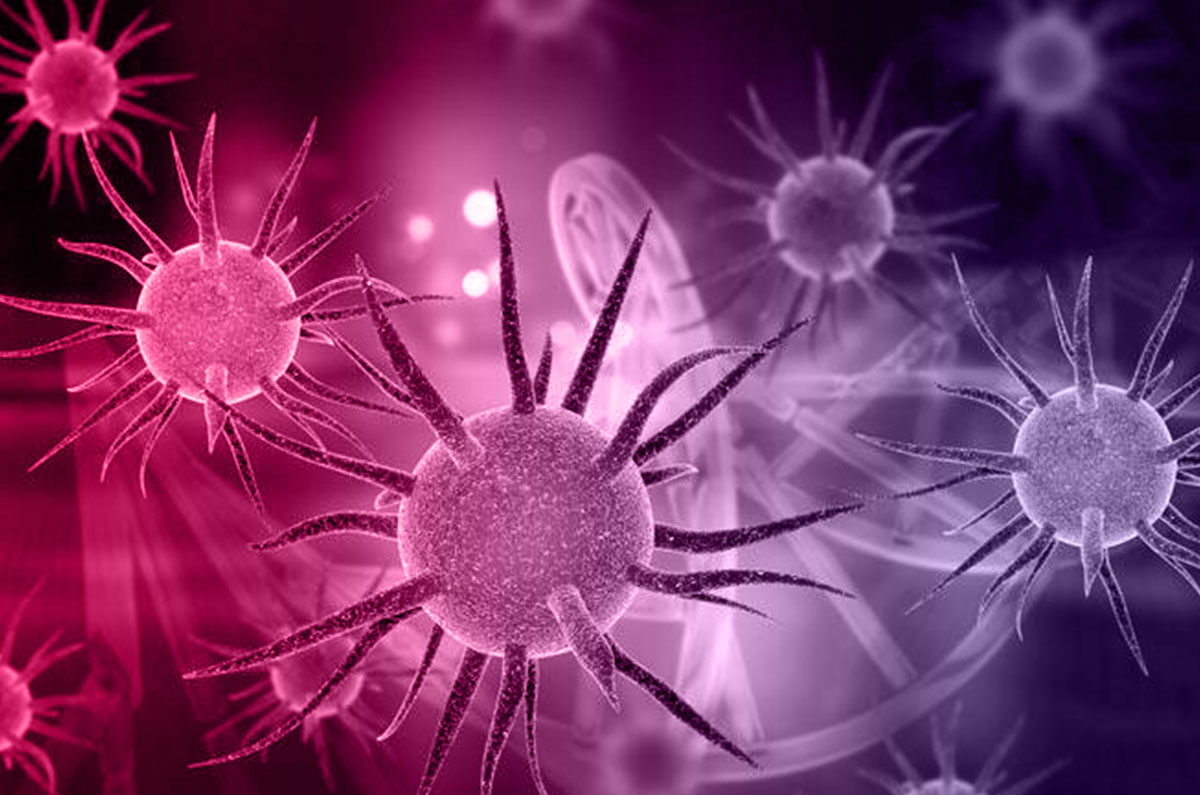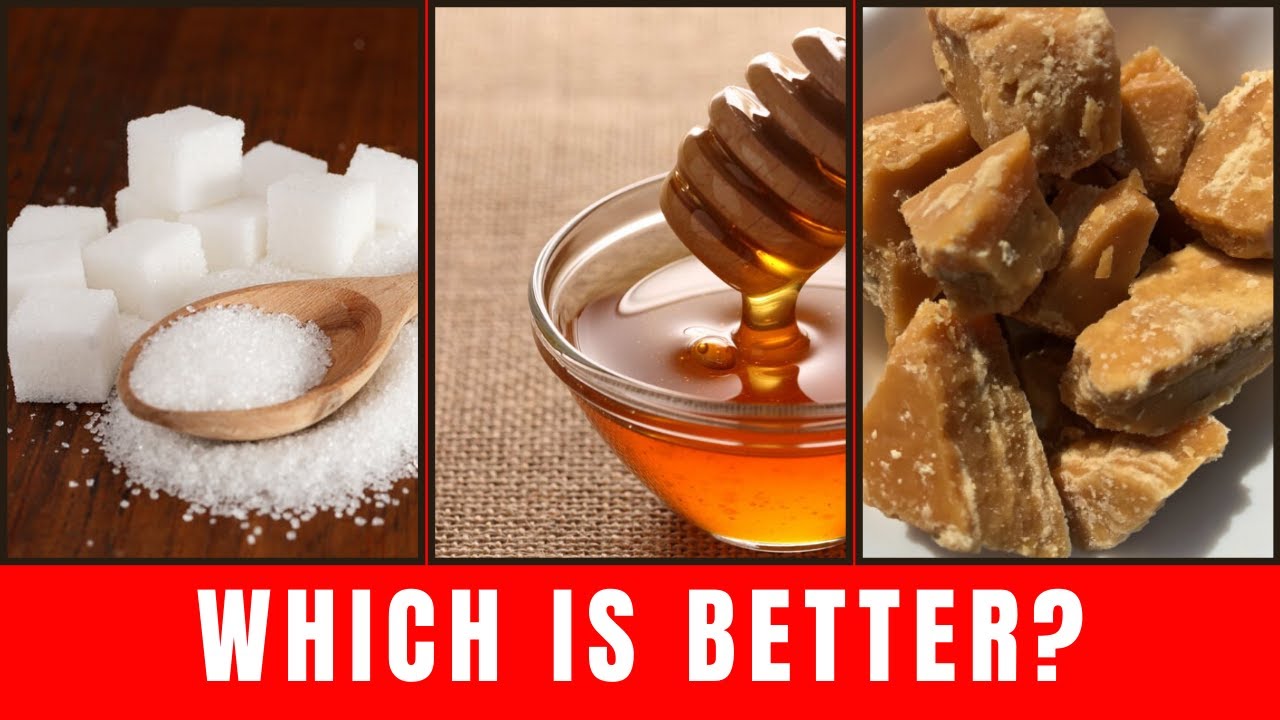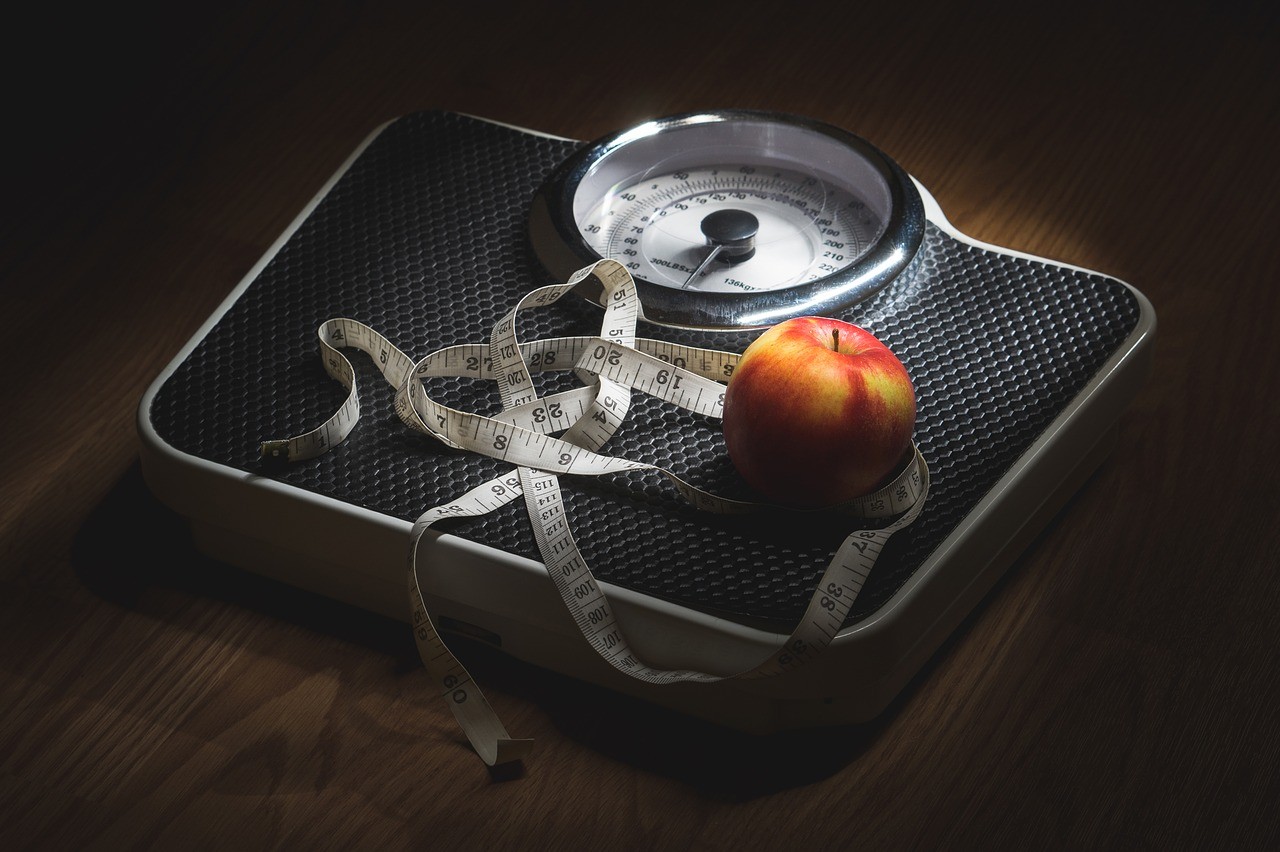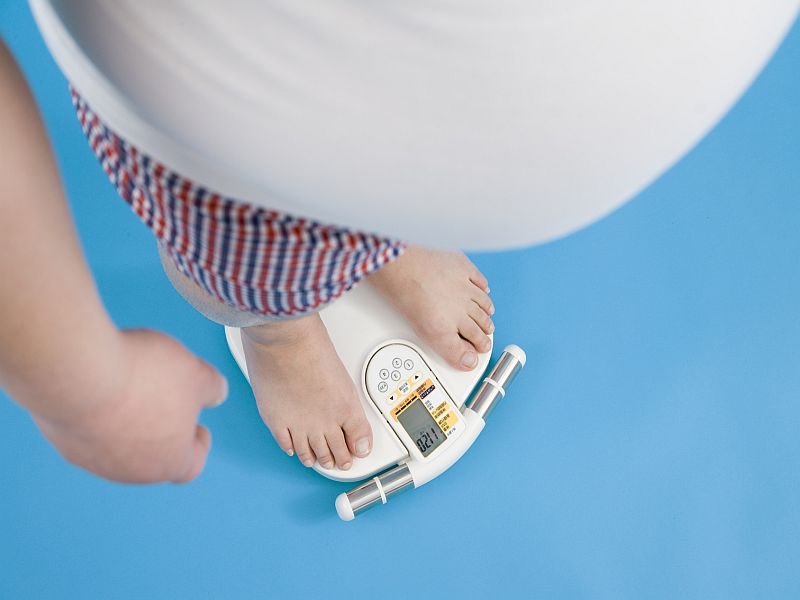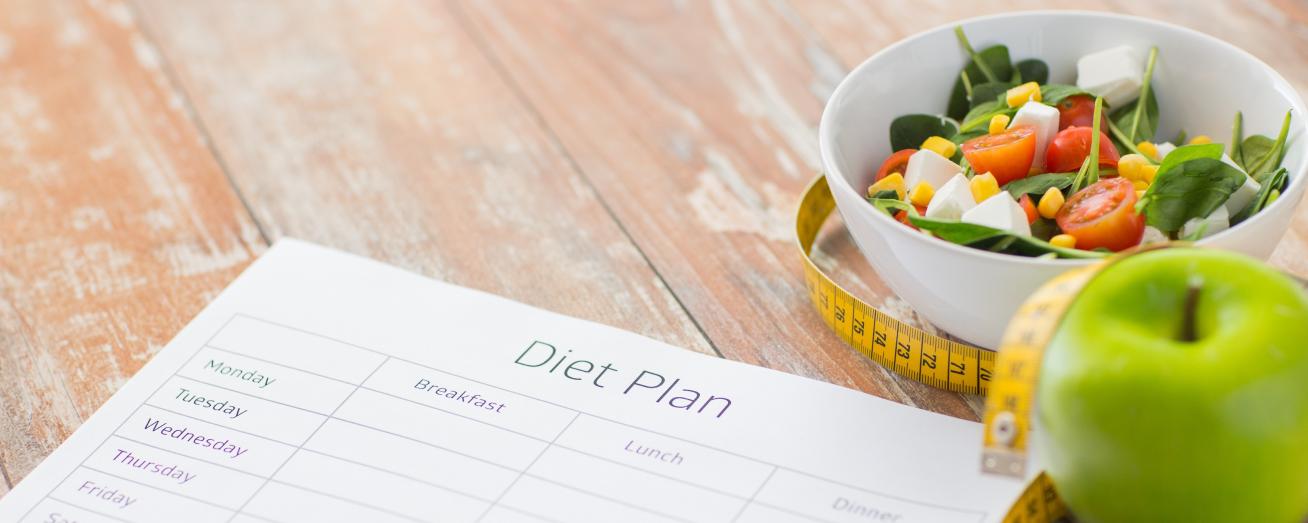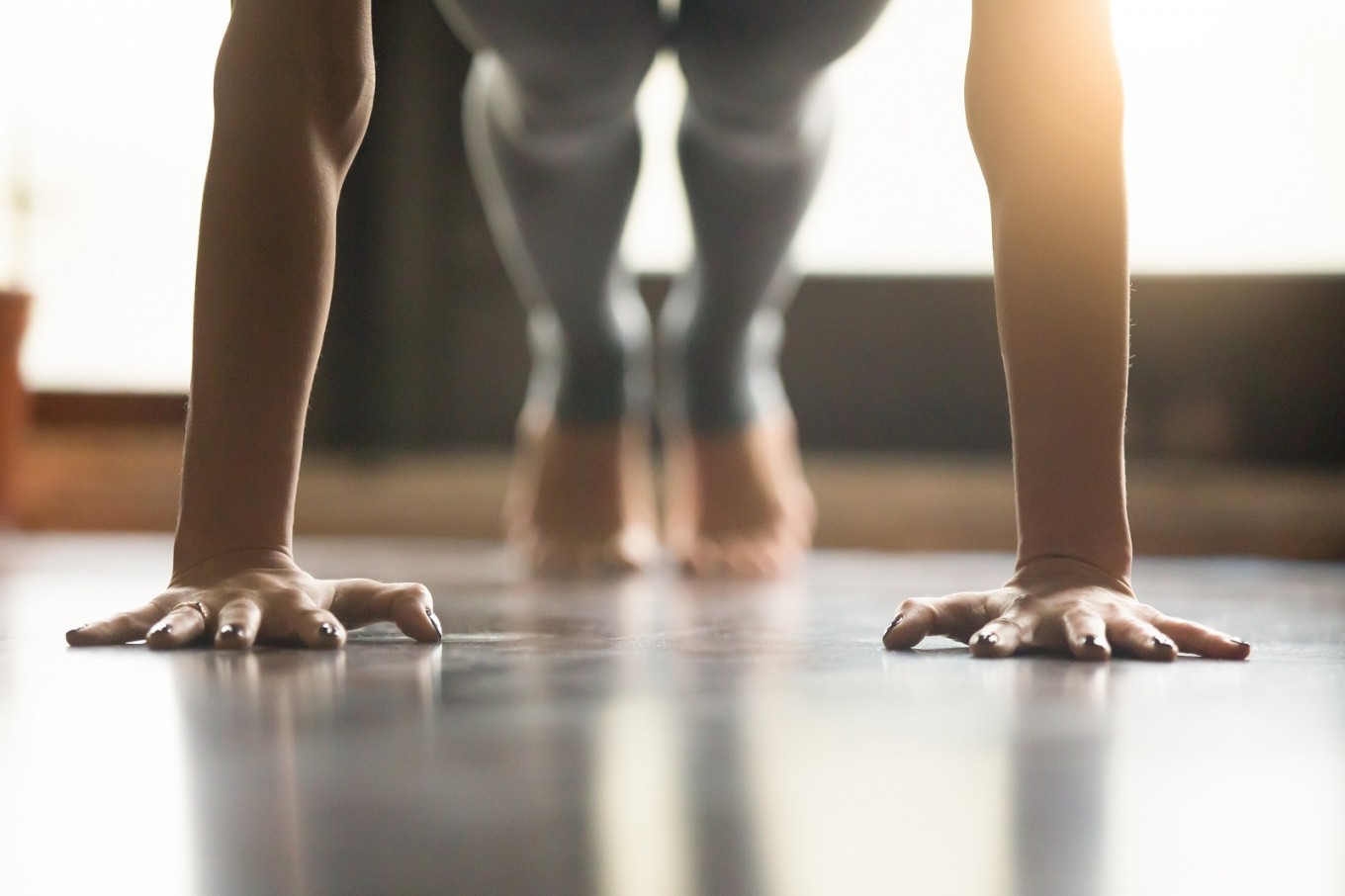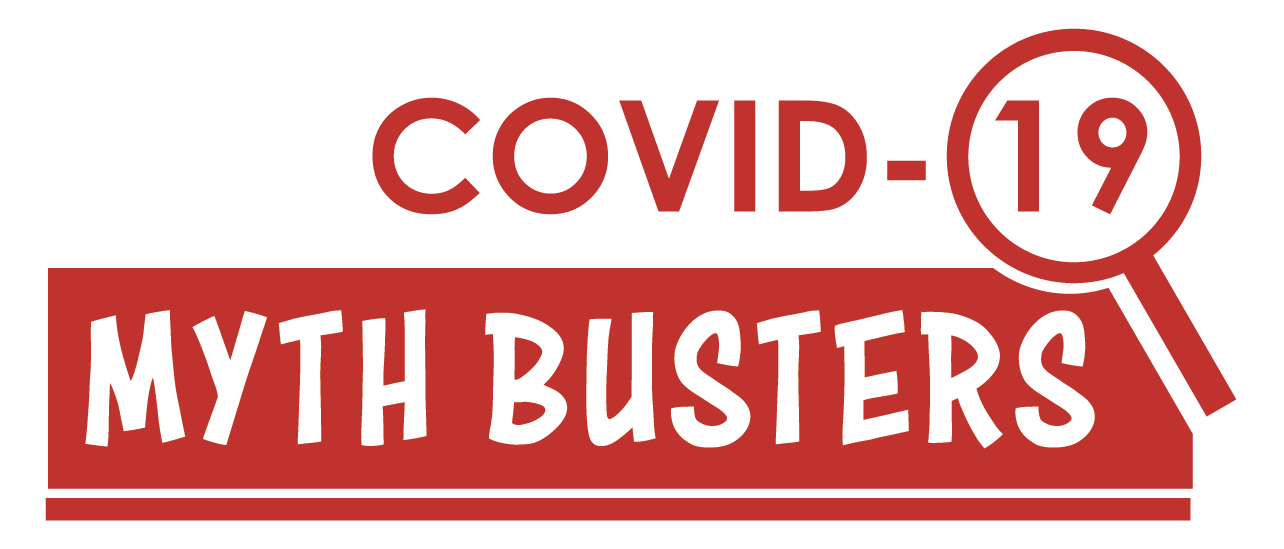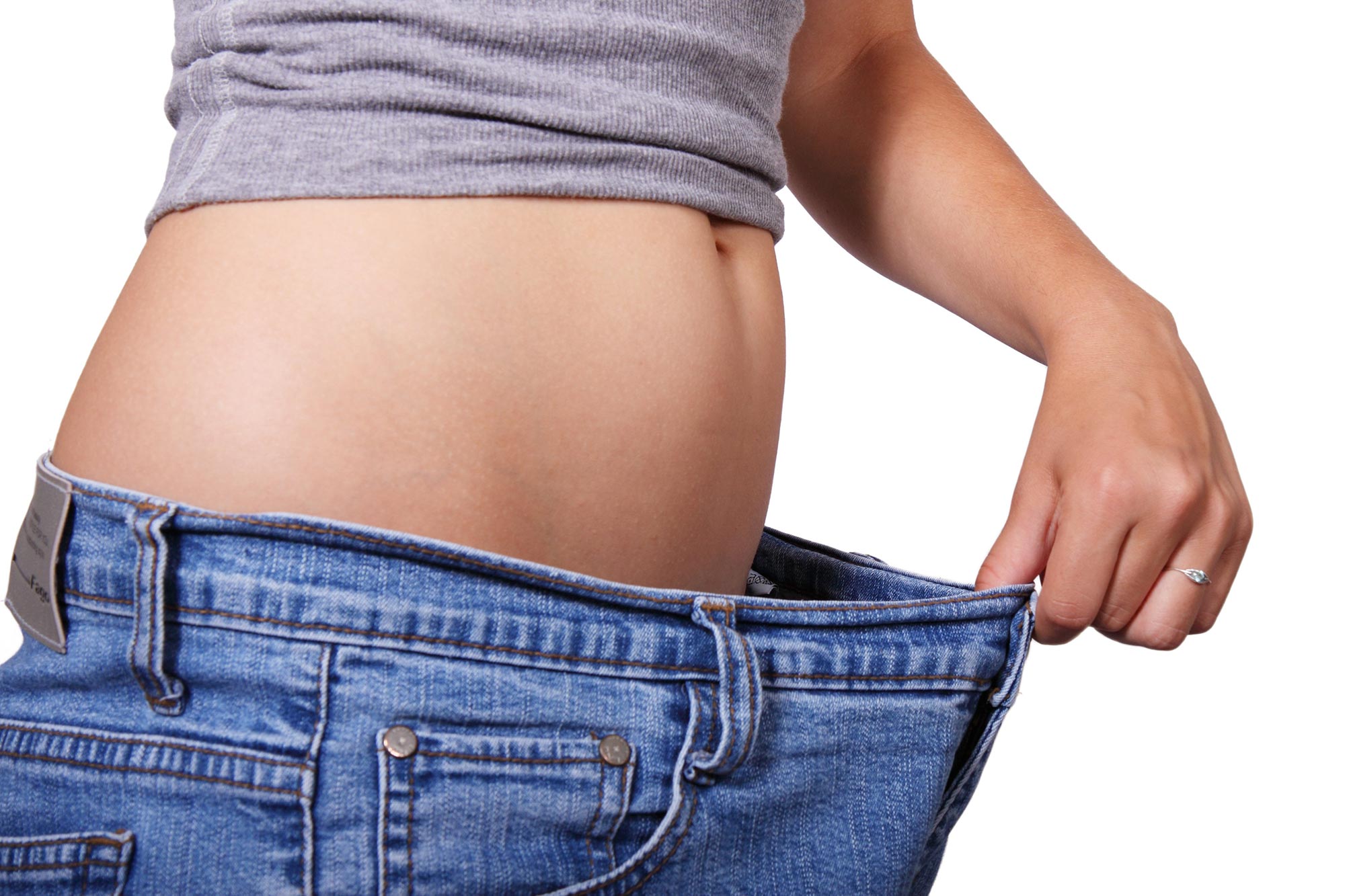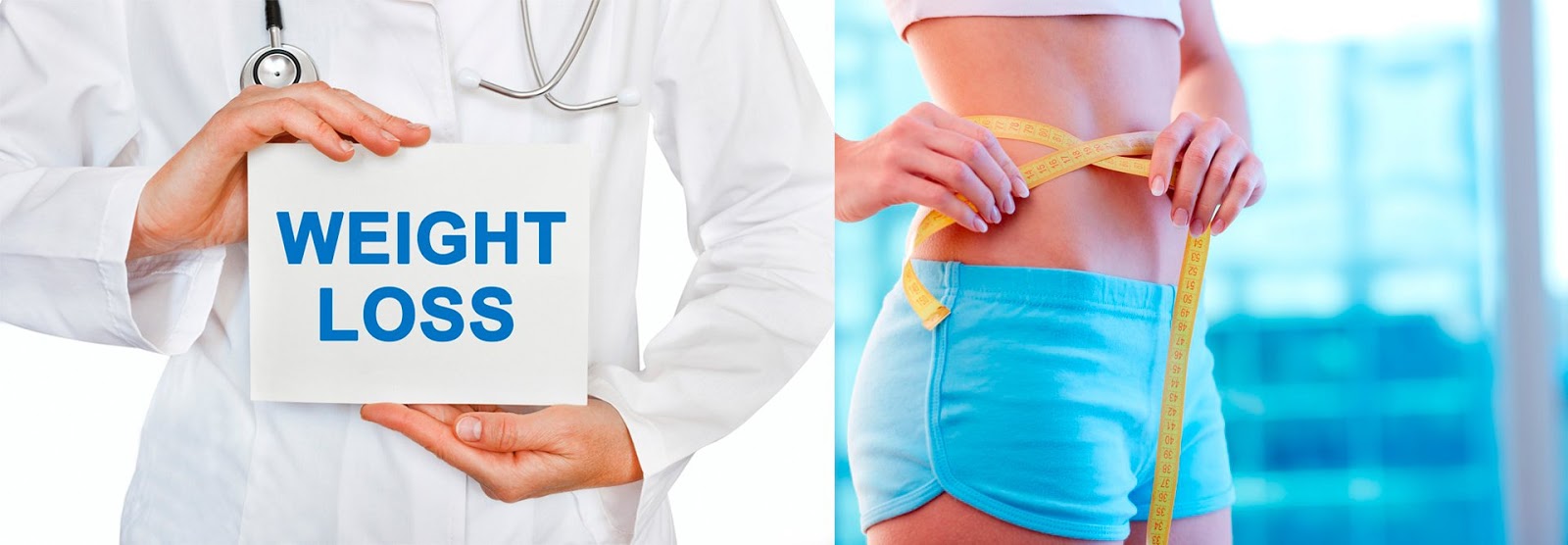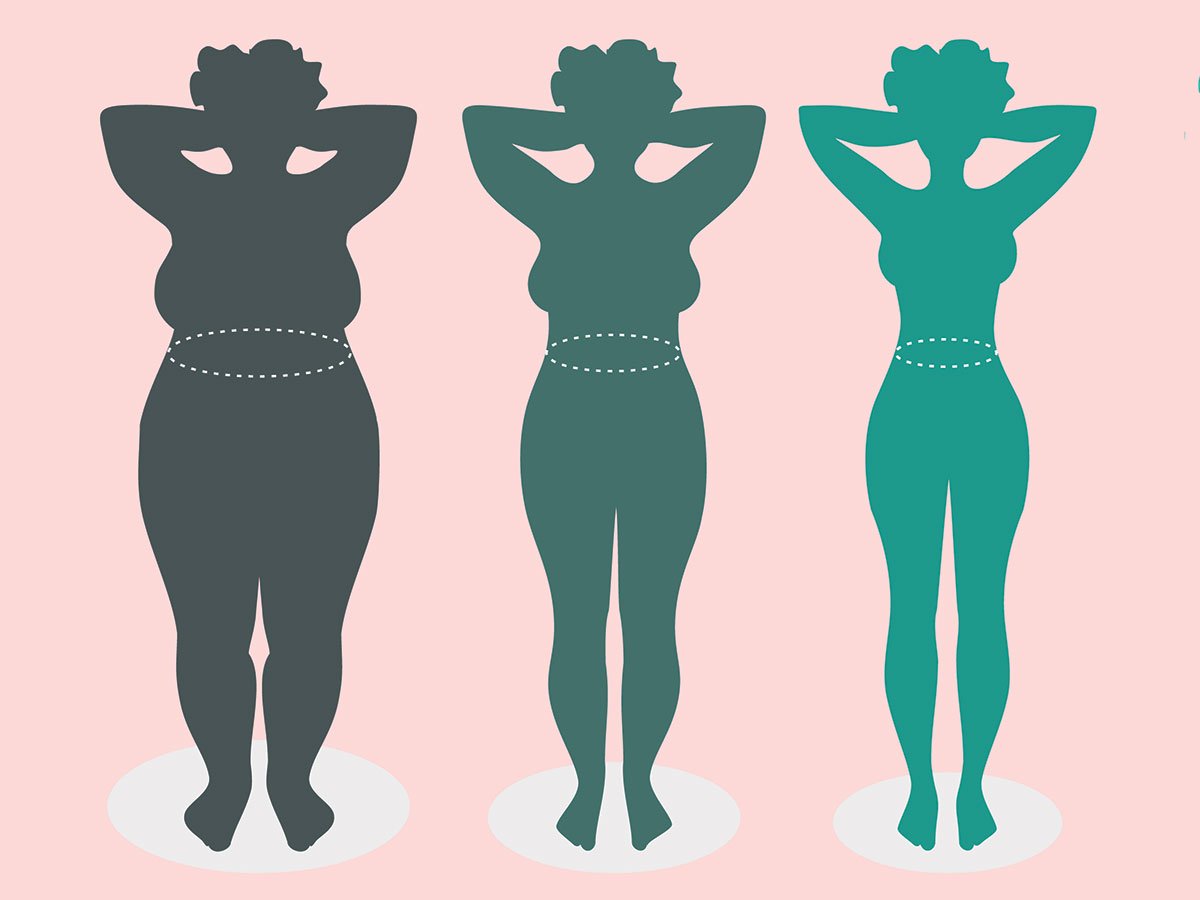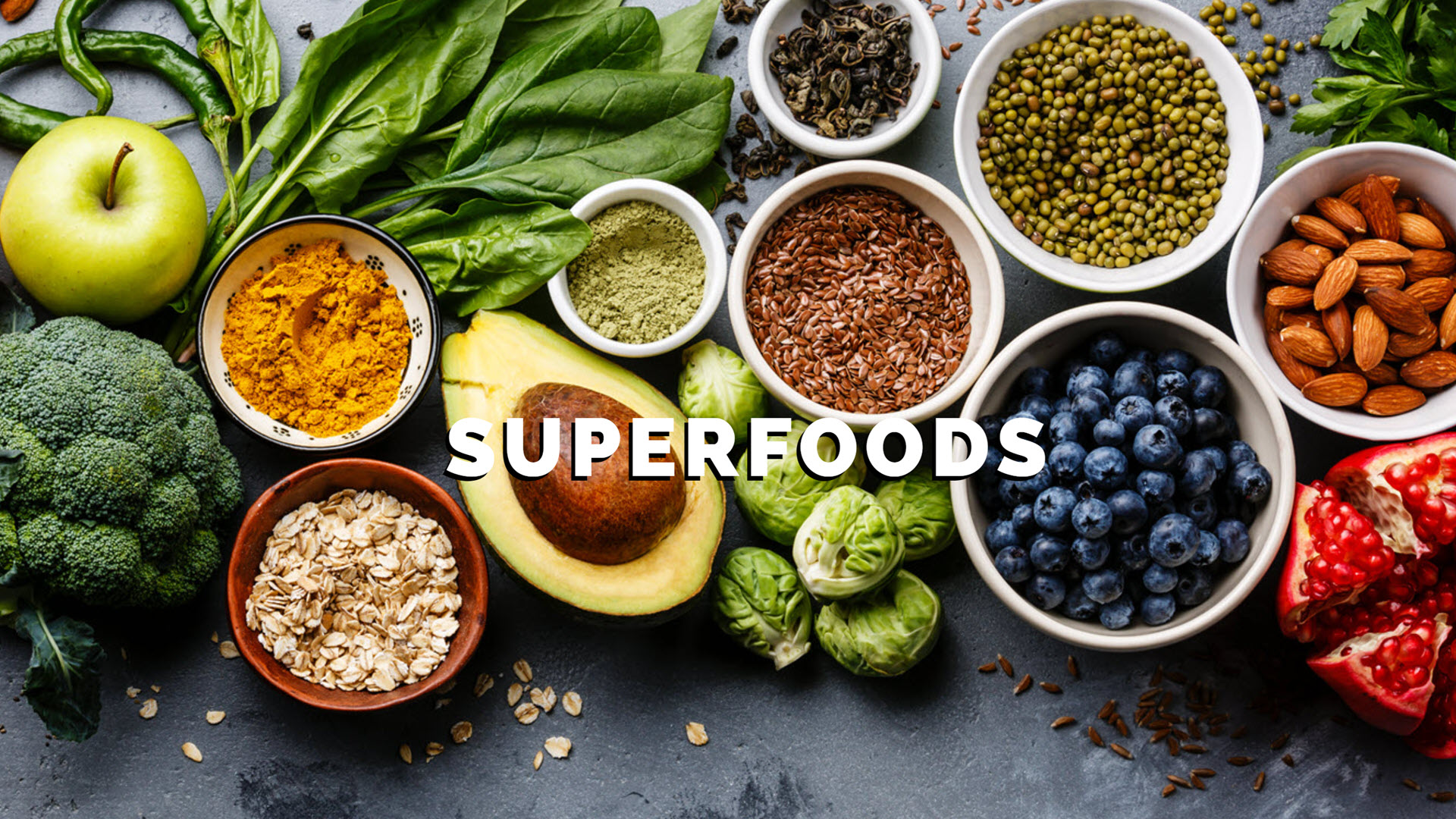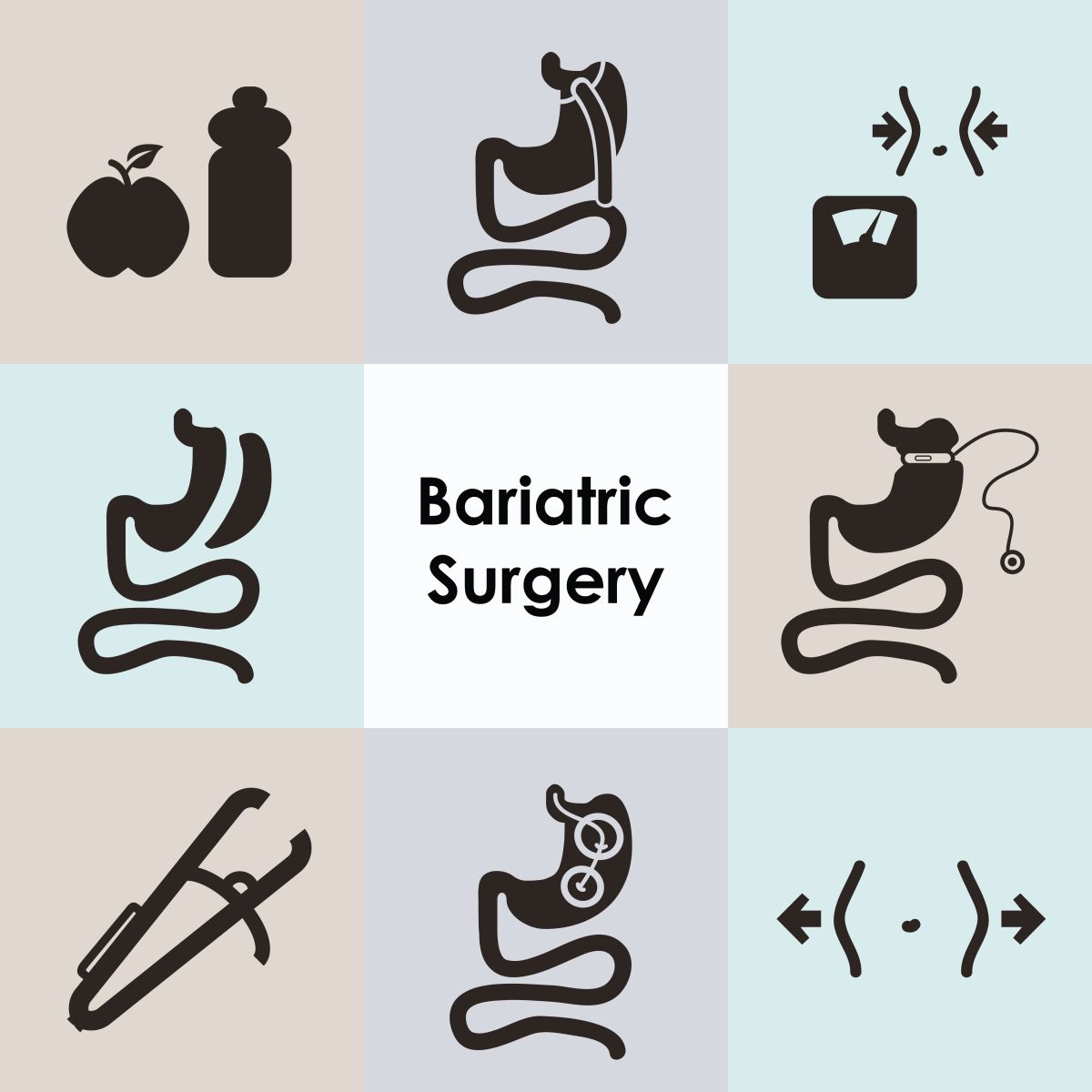COVID-19
Does the COVID-19 Booster Shot Have Side Effects? Here's What Experts Say
Whether you're planning on receiving a booster shot when they're available, or will be getting an additional dose due to your immunocompromised status, here's what you need to know.
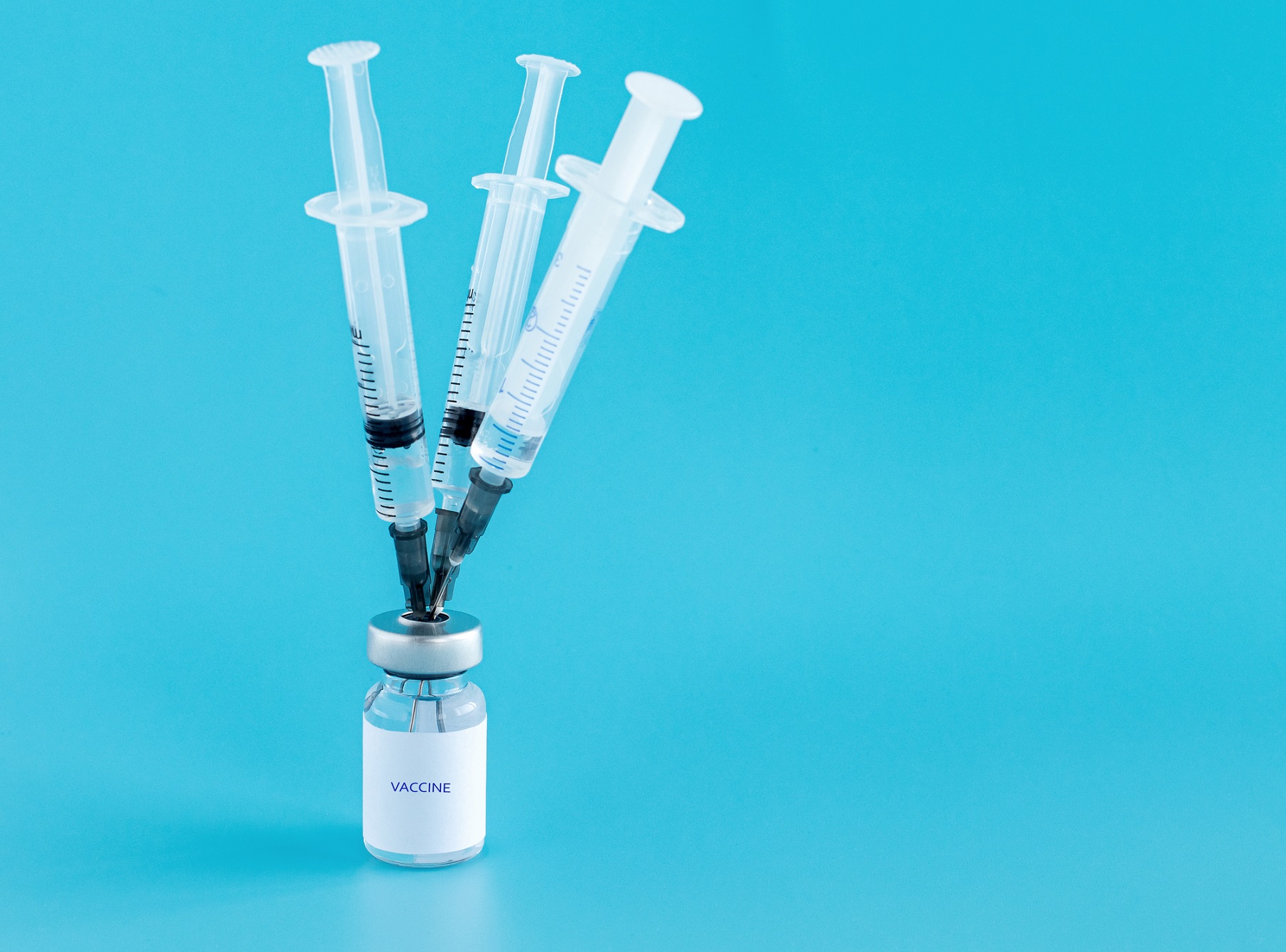
When the COVID-19 mRNA vaccines were first released, there was a lot of talk about potential side effects- especially after people had their second dose. The Centers for Disease Control and Prevention (CDC) even addressed this, noting at the time that side effects from the second dose may be more intense than ones people experienced after their first shot. Those side effects, the CDC said, are normal signs that your body is building protection.
Coronavirus vaccination is underway in full swing, but an increase in breakthrough infections has become a major concern recently. While emerging variants and lax precautions are suspected to be main reasons behind rising number of infections, experts believe that waning effectiveness of antibodies from COVID vaccines may be leading to a rise in the possibility of infections.
In such scenarios, the demand for a booster shot has increased in many parts of the world. India's Bharat Biotech is currently in the process of developing a vaccine booster, while Israel and the United States of America have started offering booster shots to adults at risk- individuals who are moderately to severely immunocompromised.
These third doses of the vaccine have people wondering: Will these COVID-19 booster or additional doses come with side effects too- and will they be worse or better than the second or first doses? Here's what you need to know about any symptoms you might feel after a booster or additional shot of an mRNA COVID-19 vaccine, according to experts.
COVID booster shot: What is it?
Up until now, COVID vaccines have been administered in two doses, except for Johnson & Johnson's Janssen, which is a single-shot COVID vaccine.
However, researchers, across the globe, are expanding the horizon and are looking forward to developing a ‘booster’ or a third COVID dose to ensure higher efficacy. Given the emergence of new variants, with Delta variant wreaking havoc in and around the world, a booster shot is expected to provide better protection against the deadly virus and its variants. A booster shot is said to re-expose a person's immune system to the immunizing antigen, the memory of which (after the previous dose) could have been lost over a period of time.
Is it necessary?
According to experts, it is normal for virus-fighting antibodies induced by COVID vaccines to wane over a period of time. Given the emerging variants, fully vaccinated individuals continue to remain at risk. Even after receiving two doses of the vaccine, there have been many cases of breakthrough infections, which have become a cause for concern.
However, this does not mean that the vaccines are less effective against the virus. As per the Centre for Disease Control and Prevention (CDC), "COVID-19 vaccines are working very well to prevent severe illness, hospitalization, and death, even against the widely circulating Delta variant. However, with the Delta variant, public health experts are starting to see reduced protection against mild and moderate disease."
Who will require a booster shot against COVID-19?
As COVID-19 vaccines were first made available to the most vulnerable in the society, similarly, COVID booster dose will be prioritized among people with compromised immunity.
The CDC has provided a list for people who are eligible for the vaccine as of now.
- People receiving treatment for tumours and blood cancer
- Advanced or untreated HIV infection
- Those who have undergone an organ transplant
- People who have received a stem cell transplant and are taking immunosuppressant medications
How soon should you get your booster shot?
The novel coronavirus continues to be rampant and the new emerging variants only add to the woes. Since immunocompromised people are at a greater risk to contract the virus and develop severe illnesses, it is important that vaccines are prioritized and booster shots should be taken as and when they're available in India.
Currently, the United States of America and Israel are the only countries who have approved the administration of a third mRNA booster shot for people who have a compromised immunity.
Where does India stand in the run for booster vaccines?
All India Institute of Medical Sciences (AIIMS) director Dr Randeep Guleria had earlier said, "It seems that we probably need the booster dose of vaccines as with the passage of time the immunity tends to fall. There is waning immunity. We would like to have a booster dose that will cover for various emerging variants."
"We will have second-generation vaccines which would be better in terms of the immunity they give, covering of the new variants and having a better overall efficacy. Trails of booster vaccine shots are already going on," he added.
Serum Institute of India (SII) Chairman Cyrus Poonawalla had recently said that a booster dose of Covishield is needed six months after the second jab. According to him, after six months the level of antibodies wane, which is why a booster shot will be needed to re-amp the protection.
The Drug Controller General of India (DCGI) had granted the permission to conduct the clinical trials for the third booster shot to Bharat Biotech in April.
The results for the second trial are expected to come by November 2021.
What side effects can you expect after an additional or booster dose of the COVID-19 vaccine?
Whether you're getting an additional dose of an mRNA COVID vaccine due to your immunocompromised status, or if you're receiving an additional dose as a booster shot, you can probably expect to have a similar (or possibly better) response to how you reacted after having the two-dose series of the vaccine. There is no tendency to have more side effects with a third dose than either the first or the second.
The CDC says online that reactions reported after a third dose of the mRNA vaccine were "similar" to those of the two-dose series. The most common side effects, the CDC says, have been fatigue and pain at the injection site.

